-
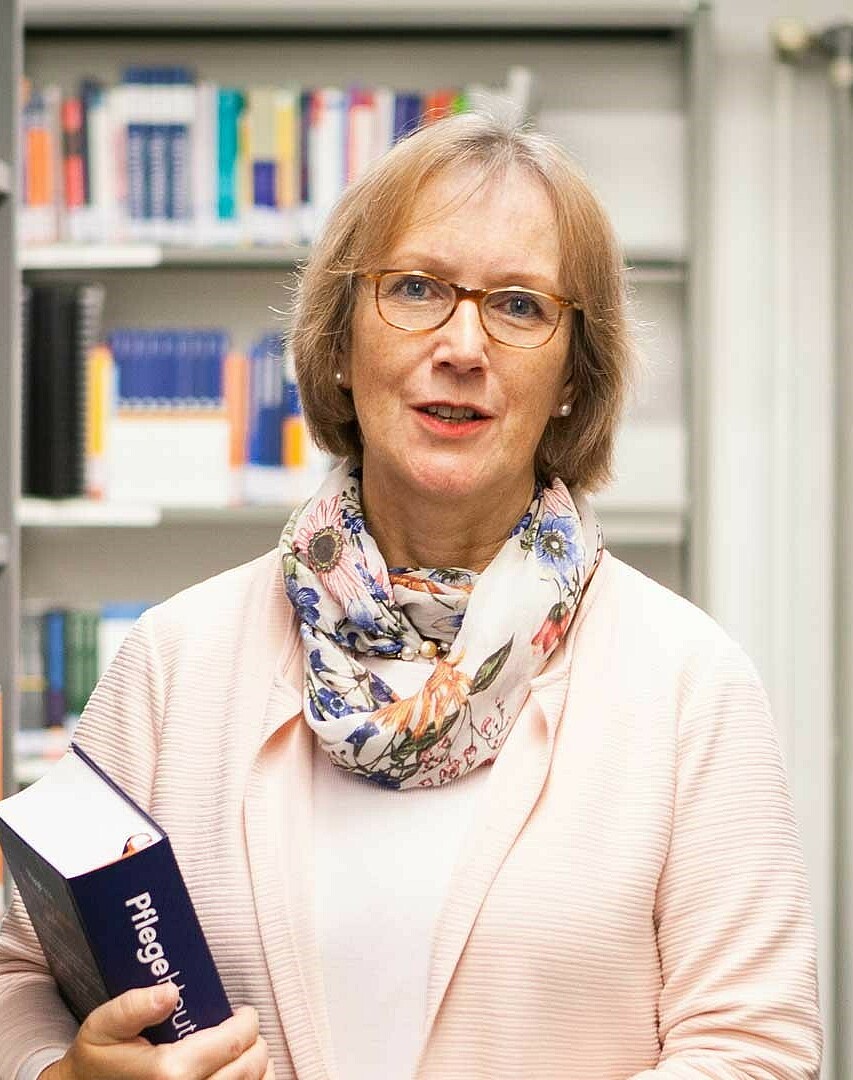
©Nora Heinisch
25.10.2019Prof. Dr. Gudrun Piechotta-Henze | Alice Salomon Hochschule Berlin (ASH Berlin)
Brain City Ambassador Professor Dr. Gudrun Piechotta-Henze teaches and researches nursing sciences at the ASH Berlin. Her main area of focus is the nursing care of people with migration experience suffering from dementia.
If asked to name the objectives of scientific research, you wouldn’t be alone in listing endeavours such as eradicating disease, populating a new planet, or immortalising humans. However, Prof Dr Gudrun Piechotta-Henze, Professor of Nursing Science at ASH Berlin, has humbler suggestion. She believes science has a responsibility to help the most vulnerable members of society.
Gudrun Piechotta-Henze began her career as a nurse in the 1970’s . Back then she was particularly struck by the devastating impact dementia can have on individuals and their families. In Germany, the condition used to be severely stigmatized. Instead of seeing those living with the condition as mothers, fathers and friends with individual interests and desires, they were often labelled as ‘demented’. However, while doing her rounds, Gudrun Piechotta-Henze saw that each person had distinct needs that required specialists care. And so, she decided to dedicate her career to researching methods of best supporting the lives of people affected by dementia.
Berlin is exciting and versatile. The city offers the best opportunity for interdisciplinary collaborations.
“Being able to help change and improve a person’s quality of life is a good and lasting motivation,” says. Gudrun Piechotta-Henze. Today she is a researcher and teacher in Berlin. She focuses on care for individuals living with dementia and support for their relatives, often concentrating on migrant communities. She began working in Berlin in 2001 and was initially attracted to the city’s wide variety of research, educational and healthcare institutions. “Berlin is exciting and versatile,” she says. “The city offers the best opportunity for interdisciplinary collaborations. For example, there are partnerships between professionals working in migration, dementia, human rights and care.”
Her hopes for Berlin’s research landscape in the future are also related to health care: “I wish for more long-term partnerships across subjects and institutions, and more academic courses related to health care professions such as nursing, occupational therapy and physiotherapy.” It is clear she is dedicated to inspiring and enabling future generations of healthcare professionals. In her current role she splits her time between teaching students in health and care management, attending conferences and writing up research results. At weekends she likes to escape the pressures of modern life; putting away her laptop and heading out on a cycle or long dog walk in the sun.
Gudrun Piechotta-Henze’s passion for helping the most vulnerable members of society is indisputable. She lists her role models as Cicely Saunders, Elisabeth Kübler-Ross and Tom Kitwood; who were all renowned for their commitment to helping people with life-limiting disease and their contributions to changing care practices for the better. It is clear that Prof Piechotta-Henze strives to continue their legacies. Asked her what her greatest career achievement, she answers: “I am proud of the contributions I have made towards helping people with dementia become appreciated and respected by society and receive the professional care they need”.
More ambassadors
-
Technische Universität Berlin
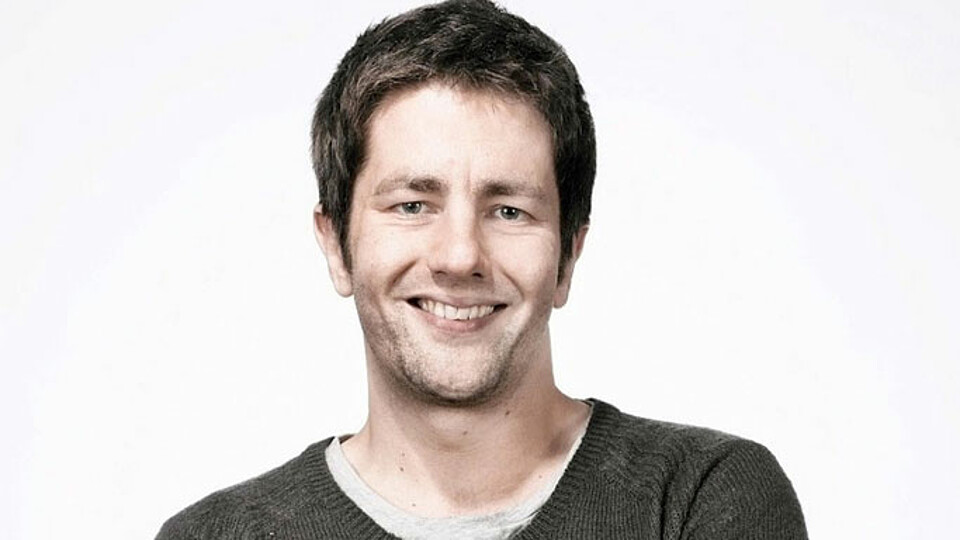 Technische Universität BerlinBerlin: an explosive mix of scientific and technological competence with a young startup scene. One of a kind.→
Technische Universität BerlinBerlin: an explosive mix of scientific and technological competence with a young startup scene. One of a kind.→Dr.-Ing. Alexander Willner
-
Technische Universität Berlin
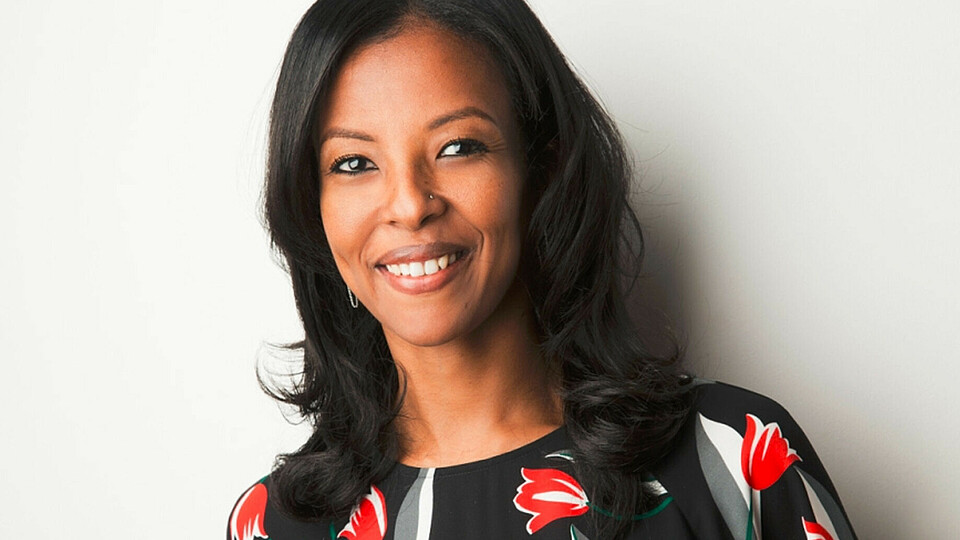 ©Annette Koroll
Technische Universität BerlinThis is a great platform and I look forward to being part of it, as it is in the spirit of Berlin's increasingly international research site.→
©Annette Koroll
Technische Universität BerlinThis is a great platform and I look forward to being part of it, as it is in the spirit of Berlin's increasingly international research site.→Dr. Betiel Wasihun
-
Category botschafter Humboldt-Universität zu Berlin
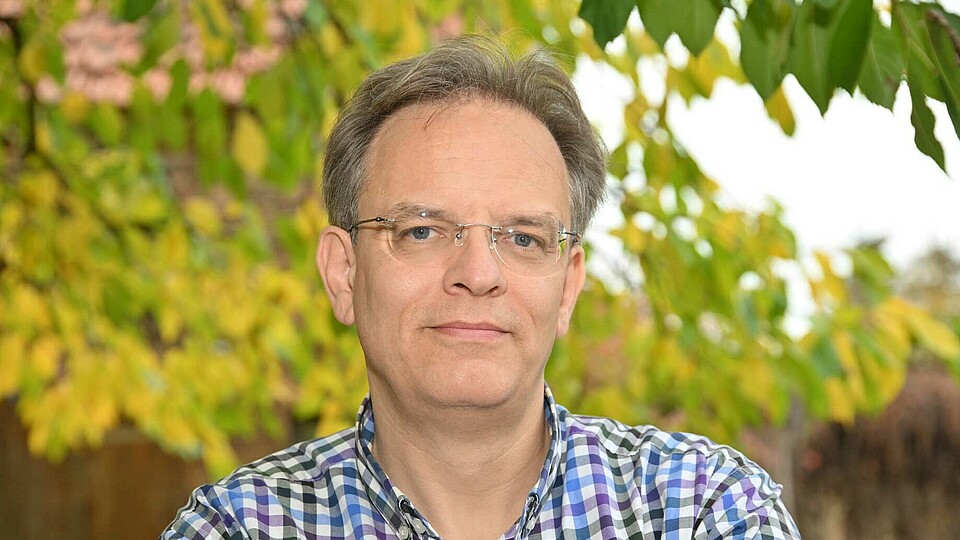 © Christian Ulrichs
Category botschafter Humboldt-Universität zu BerlinIt is important to me to take our research to the city. I find it particularly exciting when society actively participates in our research.→
© Christian Ulrichs
Category botschafter Humboldt-Universität zu BerlinIt is important to me to take our research to the city. I find it particularly exciting when society actively participates in our research.→Prof. Dr. Dr. Christian Ulrichs
-
Charité - Universitätsmedizin Berlin
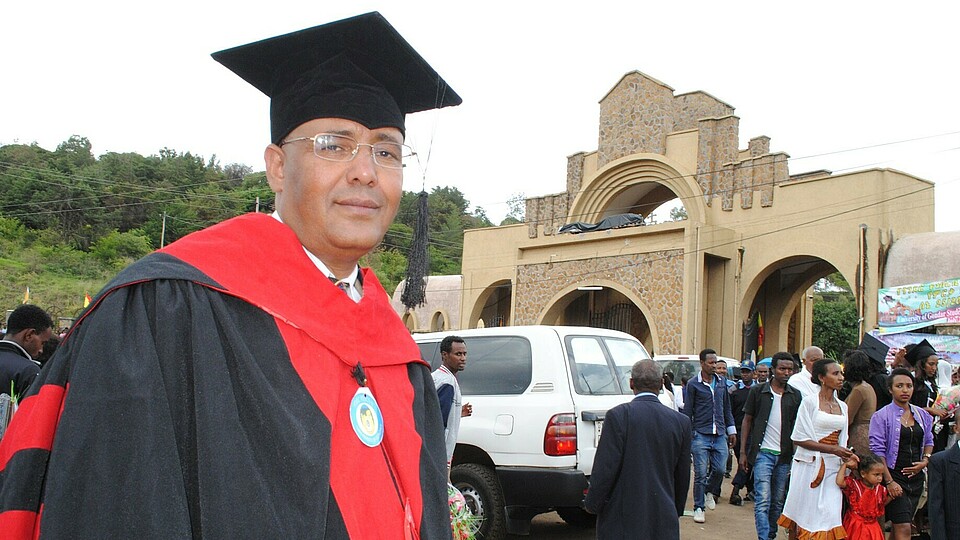 ©Dr. Aderajew Waka
Charité - Universitätsmedizin BerlinBerlin is a very dynamic city as well as a university city. I am very thankful for being able to do research in Berlin because the scientific…→
©Dr. Aderajew Waka
Charité - Universitätsmedizin BerlinBerlin is a very dynamic city as well as a university city. I am very thankful for being able to do research in Berlin because the scientific…→Dr. Aderajew Waka
-
Zentrum für Zivilgesellschaftsforschung Freie Universität Berlin
![© David Ausserhofer [Translate to en:] Porträt von Prof. Dr. Swen Hutter, Braim City Berlin](/fileadmin/_processed_/0/a/csm_1920x1080_swen_hutter_c_david_ausserhofer_7b056e4970.jpg) © David Ausserhofer
Zentrum für Zivilgesellschaftsforschung Freie Universität BerlinBerlin is the ideal place to have your finger on the pulse of political and social life.→
© David Ausserhofer
Zentrum für Zivilgesellschaftsforschung Freie Universität BerlinBerlin is the ideal place to have your finger on the pulse of political and social life.→Prof. Dr. Swen Hutter
-
Humboldt-Universität zu Berlin
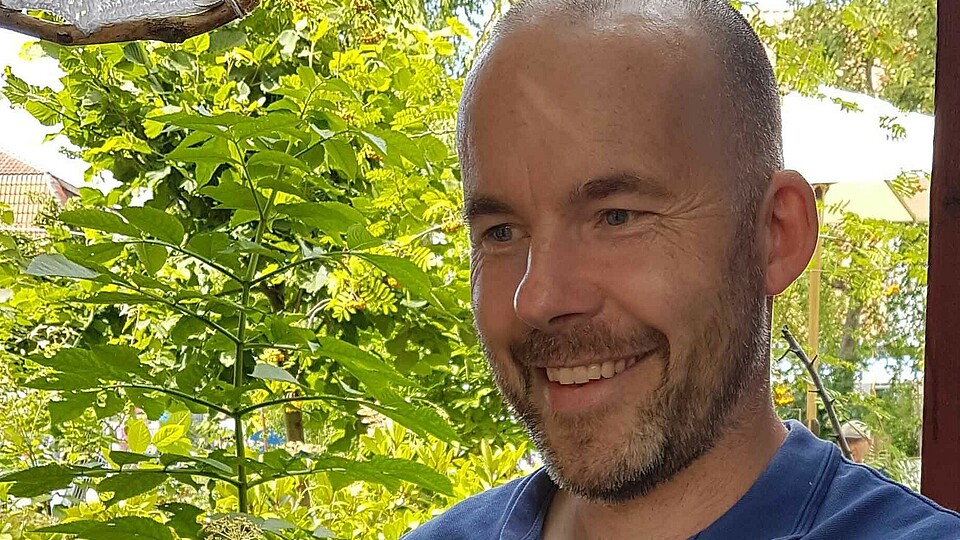 © Jens Nachtwei
Humboldt-Universität zu BerlinTo have so many opportunities to collaborate in a single place is really very valuable. Conferences and congresses are constantly taking place in…→
© Jens Nachtwei
Humboldt-Universität zu BerlinTo have so many opportunities to collaborate in a single place is really very valuable. Conferences and congresses are constantly taking place in…→Prof. Dr. Jens Nachtwei
-
Campus Berlin-Buch Freie Universität Berlin
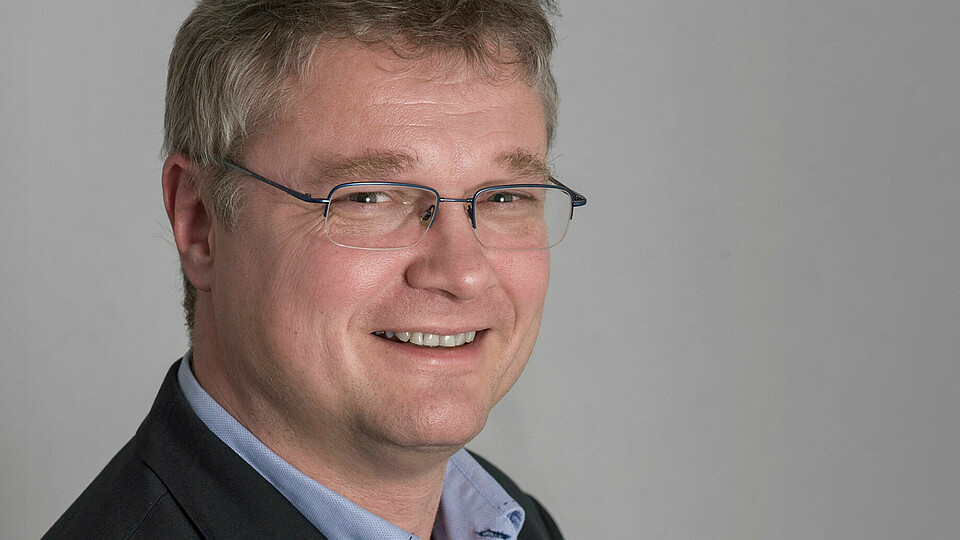 Campus Berlin-Buch Freie Universität BerlinBerlin is a vibrant city and a city of science. The cultural scene here is as unique as the music scene. This creates a very special creative space.→
Campus Berlin-Buch Freie Universität BerlinBerlin is a vibrant city and a city of science. The cultural scene here is as unique as the music scene. This creates a very special creative space.→Prof. Dr. Carsten Dreher
-
Category botschafter Humboldt-Universität zu Berlin
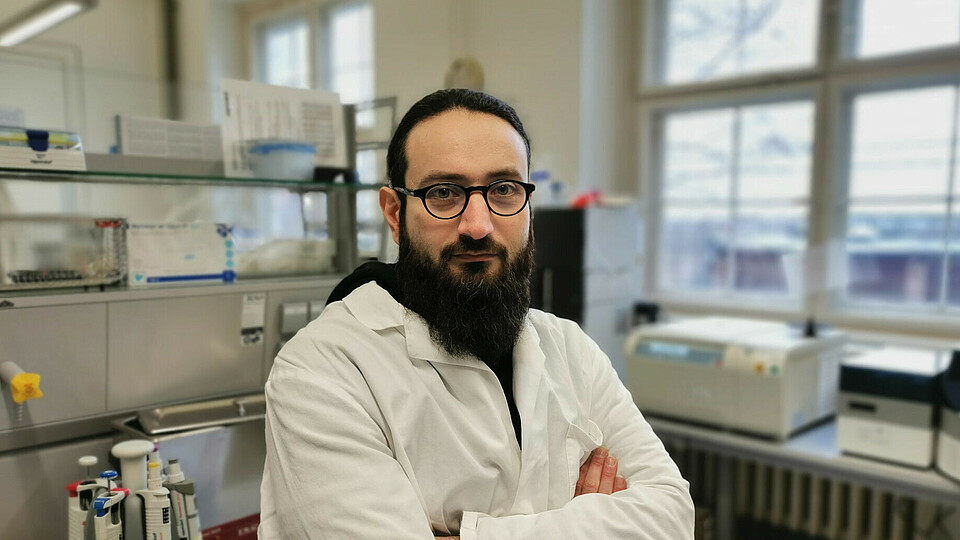 Category botschafter Humboldt-Universität zu BerlinBerlin offers almost unlimited opportunities for cooperation, many cultural events and a colourful social life.→
Category botschafter Humboldt-Universität zu BerlinBerlin offers almost unlimited opportunities for cooperation, many cultural events and a colourful social life.→Dr. Wael Yakti
-
Category botschafter Alice Salomon Hochschule Berlin
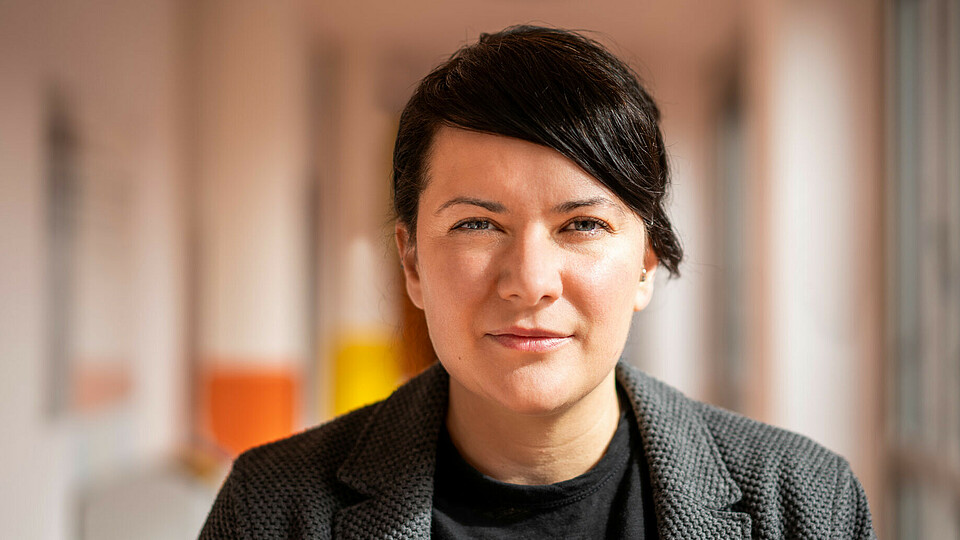 © Michael Schaaf
Category botschafter Alice Salomon Hochschule BerlinVery good networking, proximity to political processes, great teams, short distances to the office, an innovative environment and great diversity –…→
© Michael Schaaf
Category botschafter Alice Salomon Hochschule BerlinVery good networking, proximity to political processes, great teams, short distances to the office, an innovative environment and great diversity –…→Prof. Dr. Dr. Hürrem Tezcan-Güntekin
-
Technische Universität Berlin
![[Translate to English:] [Translate to English:]](/fileadmin/_processed_/9/b/csm_Avsar_Berlin-Partner_683x384_68c2c8df60.jpg) [Translate to English:]
Technische Universität BerlinBerlin is where innovations are made that go as far as outer space.→
[Translate to English:]
Technische Universität BerlinBerlin is where innovations are made that go as far as outer space.→Dipl.-Ing. Cem Avsar
-
Technische Universität Berlin
![[Translate to English:] [Translate to English:]](/fileadmin/_processed_/b/b/csm_Borkert_Berlin-Partner_683x384_f3c8f6bded.jpg) [Translate to English:]
Technische Universität BerlinFor me, Berlin means inspiration and dialog, being part of the city as a scientist and having an effect on it.→
[Translate to English:]
Technische Universität BerlinFor me, Berlin means inspiration and dialog, being part of the city as a scientist and having an effect on it.→Dr. Maren Borkert
-
Katholische Hochschule für Sozialwesen Berlin (KHSB Berlin)
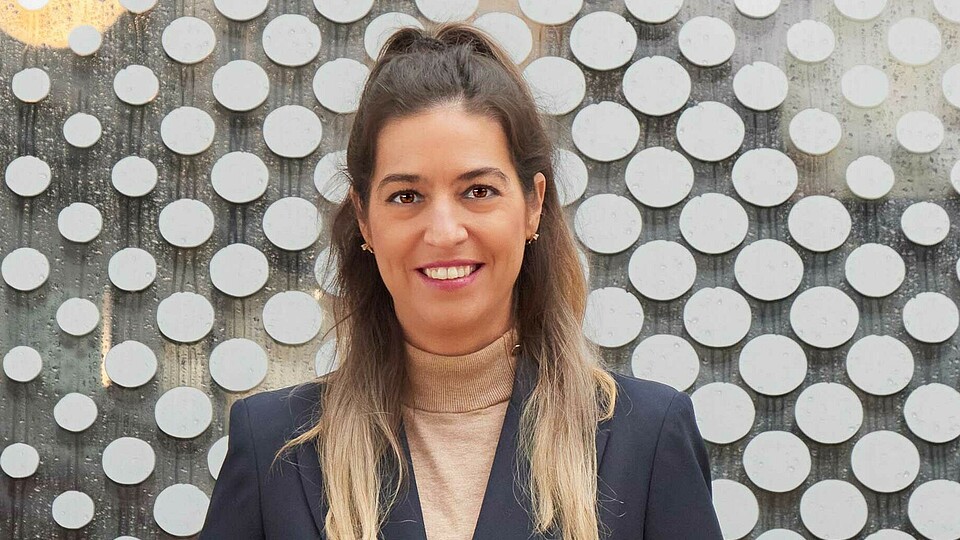 © Stefan Schostok
Katholische Hochschule für Sozialwesen Berlin (KHSB Berlin)Berlin offers multiple research focus areas. That makes the city even more attractive and interesting.→
© Stefan Schostok
Katholische Hochschule für Sozialwesen Berlin (KHSB Berlin)Berlin offers multiple research focus areas. That makes the city even more attractive and interesting.→Brain City Ambassador Prof. Dr. Selin Arikoglu
-
Freie Universität Berlin
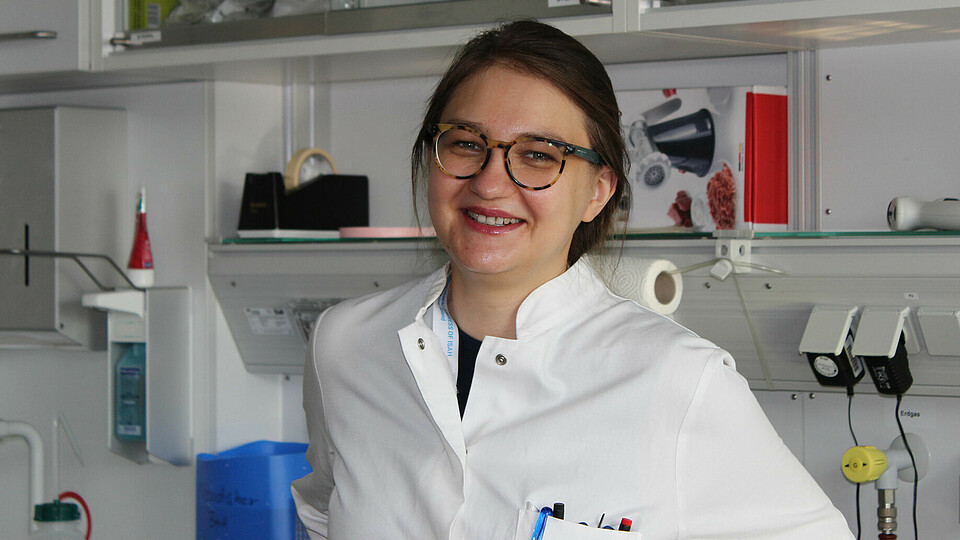 Olga Makarova CC BY 4.0
Freie Universität BerlinThe best part about living and working in Berlin is the sheer number of options available, both professionally and culturally.→
Olga Makarova CC BY 4.0
Freie Universität BerlinThe best part about living and working in Berlin is the sheer number of options available, both professionally and culturally.→Olga Makarova, PhD
-
Category botschafter Weierstrass Institute
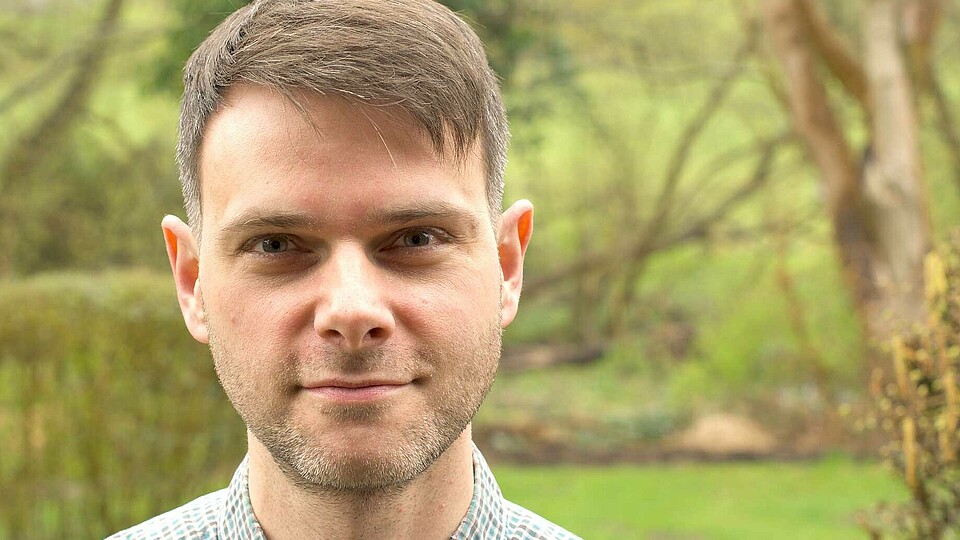 Category botschafter Weierstrass InstituteIn Berlin there are several excellent mathematics institutions and a wealth of interesting areas to apply mathematics.→
Category botschafter Weierstrass InstituteIn Berlin there are several excellent mathematics institutions and a wealth of interesting areas to apply mathematics.→Dr. Patricio Farrell
-
Technische Universität Berlin
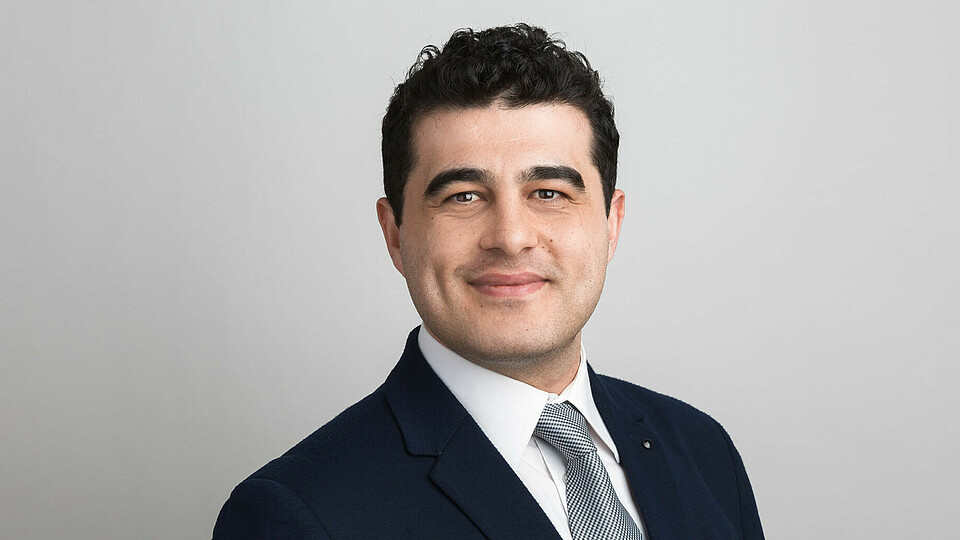 ©rudolf grillborzer
Technische Universität BerlinBerlin offers diversity and an action-oriented life style. This is also visible in the research activities due to bold actions that can be taken by…→
©rudolf grillborzer
Technische Universität BerlinBerlin offers diversity and an action-oriented life style. This is also visible in the research activities due to bold actions that can be taken by…→Dr.-Ing. Onur Günlü
-
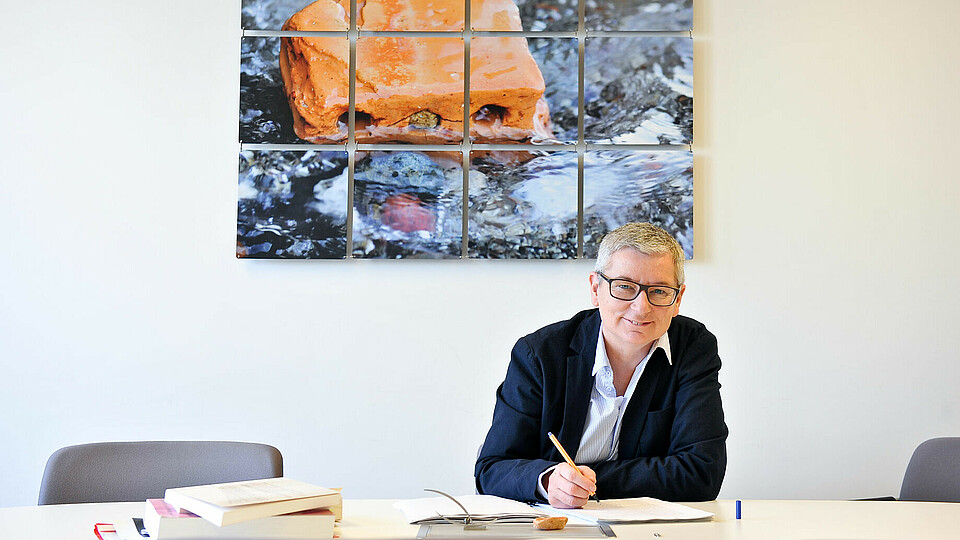 Katrin Neuhauser www.katrinneuhauser.de
Berlin has a research landscape that is one of a kind in Germany, in terms of content, disciplines, and institutions. The city is also very well…→
Katrin Neuhauser www.katrinneuhauser.de
Berlin has a research landscape that is one of a kind in Germany, in terms of content, disciplines, and institutions. The city is also very well…→Brain City Ambassador Prof Dr. Sabine Hark
-
Hochschule für Technik und Wirtschaft Berlin (HTW Berlin) Katholische Hochschule für Sozialwesen Berlin (KHSB Berlin)
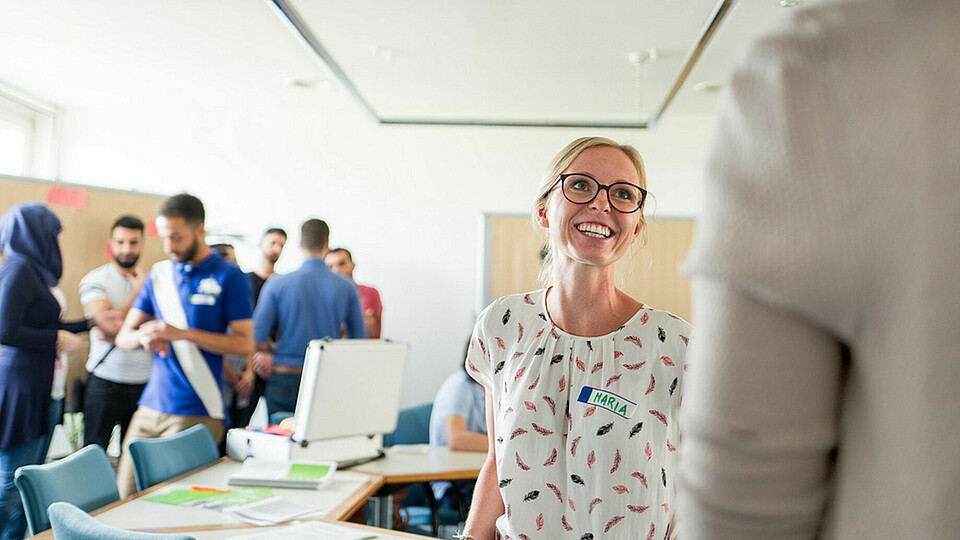 ©Dennis Meier-Schindler/HTW Berlin
Hochschule für Technik und Wirtschaft Berlin (HTW Berlin) Katholische Hochschule für Sozialwesen Berlin (KHSB Berlin)In Berlin you have the opportunity to meet new people, discover new research topics, enter into new partnerships, and expand your own horizons every…→
©Dennis Meier-Schindler/HTW Berlin
Hochschule für Technik und Wirtschaft Berlin (HTW Berlin) Katholische Hochschule für Sozialwesen Berlin (KHSB Berlin)In Berlin you have the opportunity to meet new people, discover new research topics, enter into new partnerships, and expand your own horizons every…→Maria Anne Schmidt
-
Technische Universität Berlin
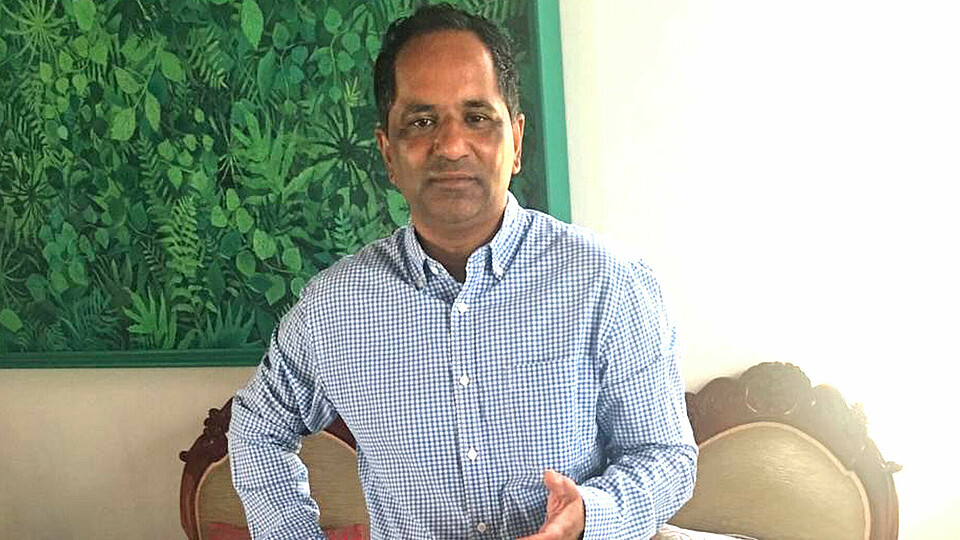 ©Hassim Pondor
Technische Universität BerlinMy advice for young people interested in studying in Berlin: Just go for it and keep discovering ...→
©Hassim Pondor
Technische Universität BerlinMy advice for young people interested in studying in Berlin: Just go for it and keep discovering ...→Hassim Pondor
-
FOM Hochschule für Oekonomie & Management
![[Translate to English:] [Translate to English:]](/fileadmin/_processed_/3/0/csm_Nelke_Berlin-Partner_683x384_8a61265f97.jpg) [Translate to English:]
FOM Hochschule für Oekonomie & ManagementAs the most diverse location for science in Germany, Berlin to me is definitely the place to be for collaboration in all disciplines.→
[Translate to English:]
FOM Hochschule für Oekonomie & ManagementAs the most diverse location for science in Germany, Berlin to me is definitely the place to be for collaboration in all disciplines.→Prof. Dr. Astrid Nelke
-
Alexander von Humboldt Institute for Internet and Society
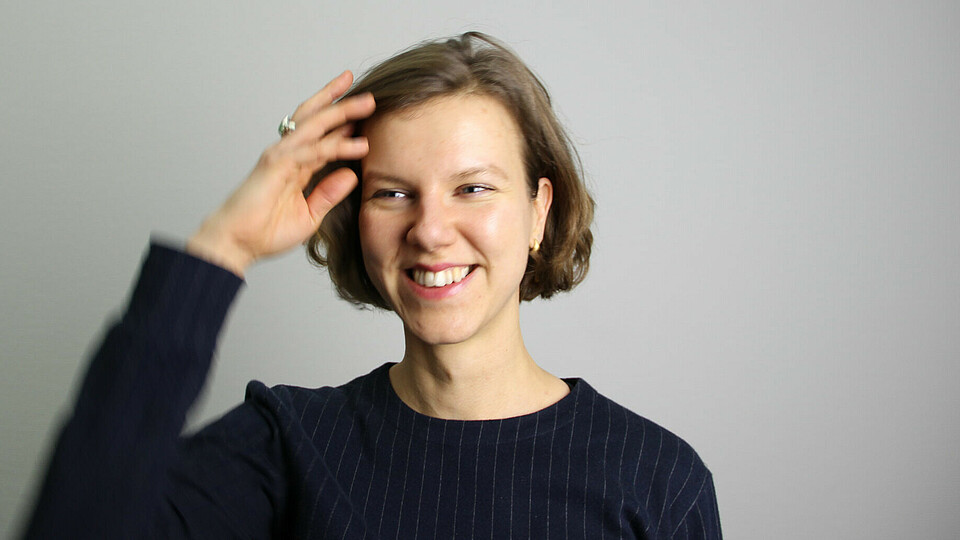 Franzi Cagic
Alexander von Humboldt Institute for Internet and SocietyBerlin is open and a magnet that attracts brilliant researchers from all over the world.→
Franzi Cagic
Alexander von Humboldt Institute for Internet and SocietyBerlin is open and a magnet that attracts brilliant researchers from all over the world.→
The freedom to conduct research here truly is unique!Tina Krell
-
XU Exponential University
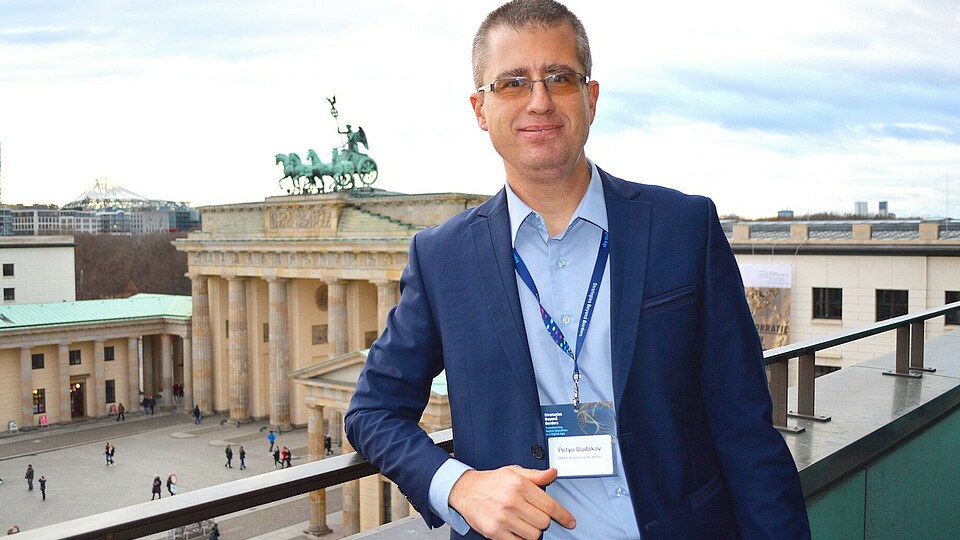 ©Petyo Budakov
XU Exponential UniversityBerlin challenges everyone to think about new topics. Or even to look at familiar topics in a new way. The German capital is a breeding ground for…→
©Petyo Budakov
XU Exponential UniversityBerlin challenges everyone to think about new topics. Or even to look at familiar topics in a new way. The German capital is a breeding ground for…→Prof. Dr Petyo Budakov
-
Category botschafter Evangelische Hochschule Berlin
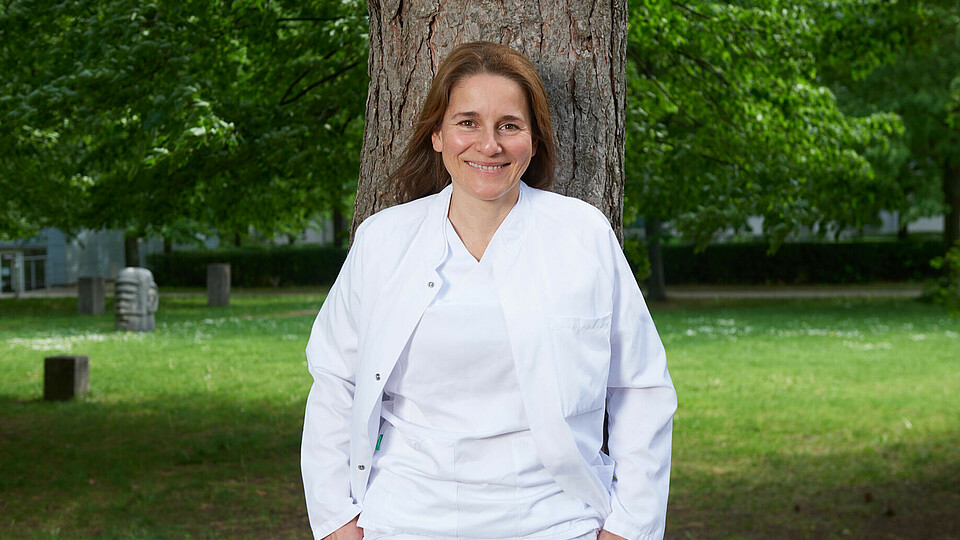 © Nils Bornemann
Category botschafter Evangelische Hochschule BerlinBerlin’s strength lies in the networking of the individual educational institutes and in the fact that not every institution has to reinvent the…→
© Nils Bornemann
Category botschafter Evangelische Hochschule BerlinBerlin’s strength lies in the networking of the individual educational institutes and in the fact that not every institution has to reinvent the…→Prof. Dr. Mandy Mangler
-
Category botschafter Center for the Science of Materials Berlin
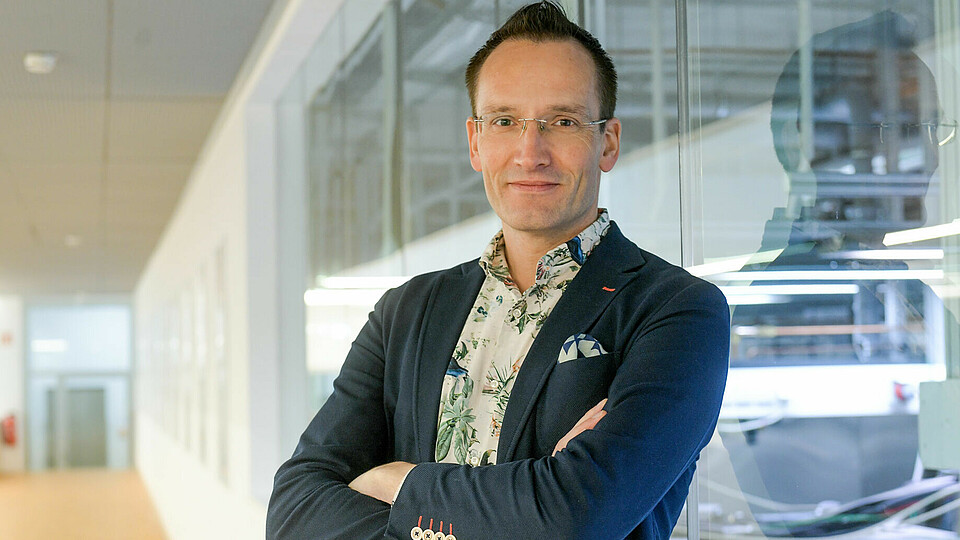 © WISTA Management GmbH
Category botschafter Center for the Science of Materials BerlinBerlin is a global city. In science, there are designated experts for every topic. Berlin also has always been a seedbed for change: a special…→
© WISTA Management GmbH
Category botschafter Center for the Science of Materials BerlinBerlin is a global city. In science, there are designated experts for every topic. Berlin also has always been a seedbed for change: a special…→Prof. Dr. Stefan Hecht
-
Charité - Universitätsmedizin Berlin
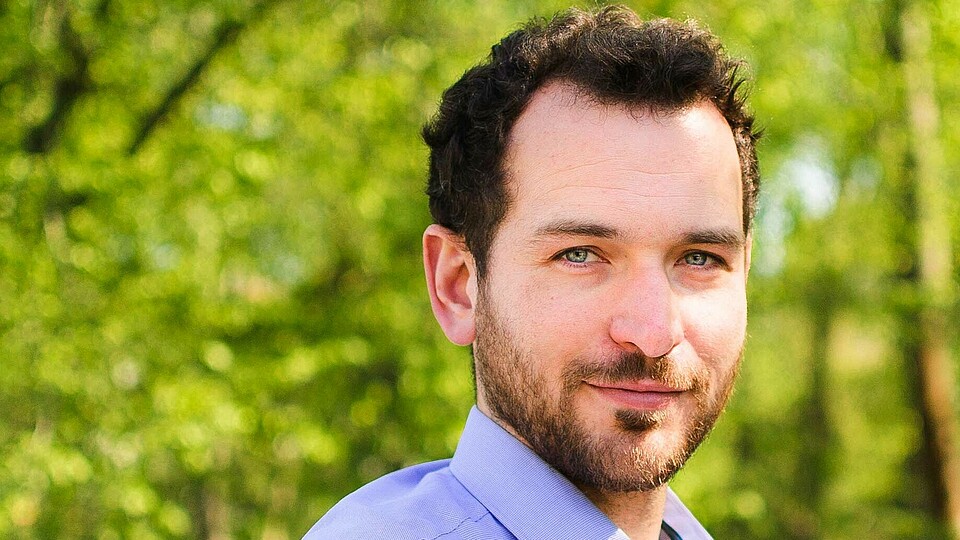 ©Andrew Newman
Charité - Universitätsmedizin BerlinSo much is happening, inside research and outside. It's so green and transport is fantastic. Berlin is both small and large. That's what I love about…→
©Andrew Newman
Charité - Universitätsmedizin BerlinSo much is happening, inside research and outside. It's so green and transport is fantastic. Berlin is both small and large. That's what I love about…→Dr Andrew Newman
-
Technische Universität Berlin
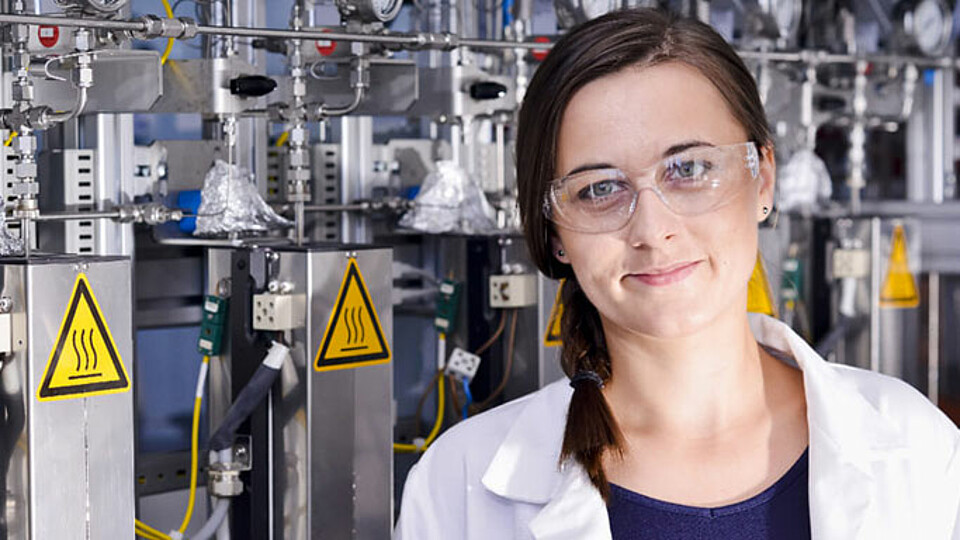 Technische Universität BerlinHaving everything that's needed for an excellent research in one place, is usually a dream, then Berlin must be a dream.→
Technische Universität BerlinHaving everything that's needed for an excellent research in one place, is usually a dream, then Berlin must be a dream.→Dr. Ewa Nowicka
-
Humanistische Hochschule Berlin
 © Charlot van Heeswijk
Humanistische Hochschule BerlinBerlin is a city of contrasts: wild and fragmented, yet highly academic and internationally connected. This tension is incredibly inspiring.→
© Charlot van Heeswijk
Humanistische Hochschule BerlinBerlin is a city of contrasts: wild and fragmented, yet highly academic and internationally connected. This tension is incredibly inspiring.→Dorothea Winter
-
Category botschafter Technische Universität Berlin
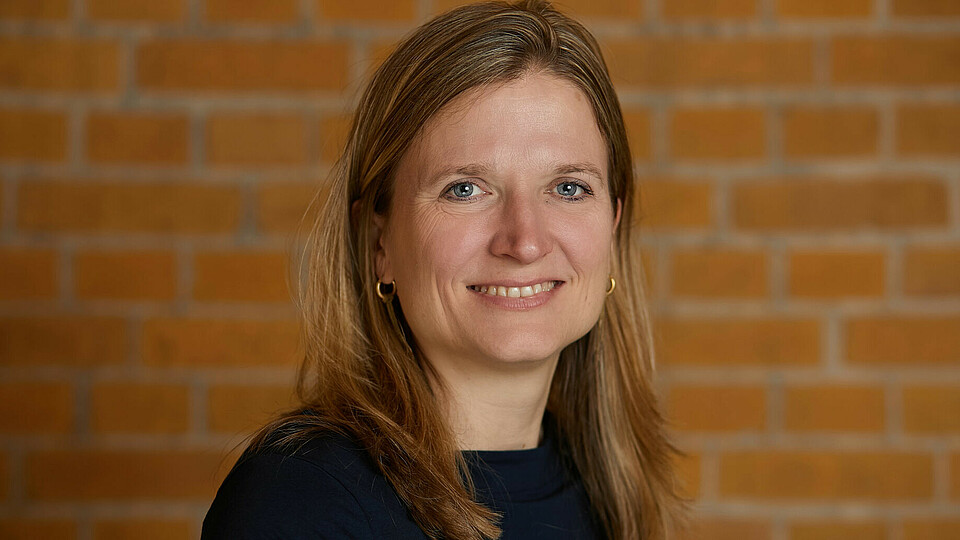 © Arne Sattler
Category botschafter Technische Universität BerlinBerlin offers many opportunities for exchange and collaboration. I find the close connection between TU Berlin and Charité – Universitätsmedizin…→
© Arne Sattler
Category botschafter Technische Universität BerlinBerlin offers many opportunities for exchange and collaboration. I find the close connection between TU Berlin and Charité – Universitätsmedizin…→Prof. Dr. Sina Bartfeld
-
Alexander von Humboldt Institute for Internet and Society
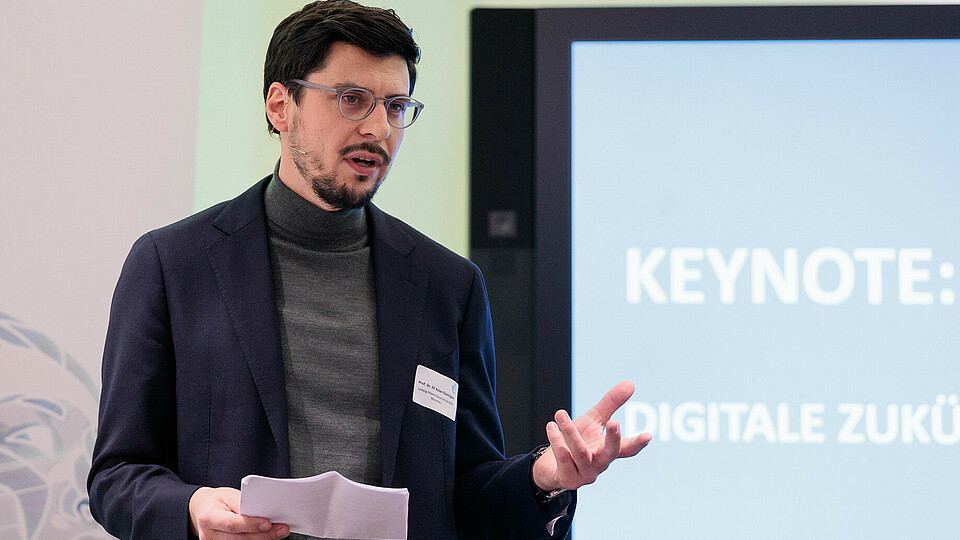 Credit: Initiative D21/Deloitte Stiftung (Kevin Fuchs)
Alexander von Humboldt Institute for Internet and SocietyThanks to several quite recently founded institutions, Berlin is a global hub for research into the digitalisation of the economy and society.→
Credit: Initiative D21/Deloitte Stiftung (Kevin Fuchs)
Alexander von Humboldt Institute for Internet and SocietyThanks to several quite recently founded institutions, Berlin is a global hub for research into the digitalisation of the economy and society.→Dr. Ali Aslan Gümüsay
-
ESMT European School of Management and Technology
![[Translate to English:] [Translate to English:]](/fileadmin/_processed_/3/e/csm_Boyaci_Philipp-Jester_683x384_ea60c30771.jpg) [Translate to English:]
ESMT European School of Management and TechnologyBerlin in its totality is extraordinary. There is youth, a strong intellectual community and an enormous energy.→
[Translate to English:]
ESMT European School of Management and TechnologyBerlin in its totality is extraordinary. There is youth, a strong intellectual community and an enormous energy.→Prof. Dr. Tamer Boyaci
-
Humboldt Innovation
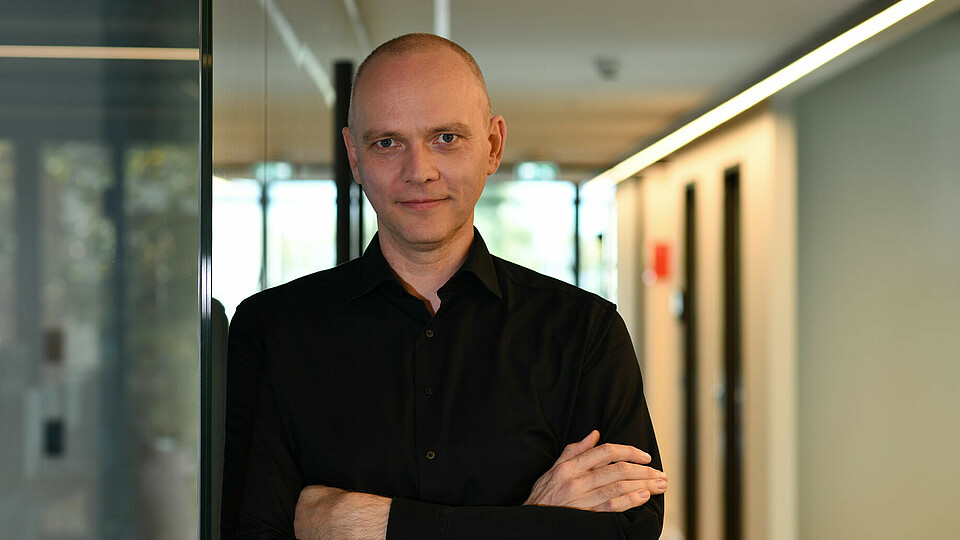 Photo: Humboldt-Innovation © Siesing
Humboldt InnovationBerlin offers the academic environment a huge potential for synergies and networking. It is precisely this interdisciplinarity that creates the basic…→
Photo: Humboldt-Innovation © Siesing
Humboldt InnovationBerlin offers the academic environment a huge potential for synergies and networking. It is precisely this interdisciplinarity that creates the basic…→Brain City Ambassador Volker Hofmann
-
Hochschule für Technik und Wirtschaft Berlin (HTW Berlin) Katholische Hochschule für Sozialwesen Berlin (KHSB Berlin)
![[Translate to English:] [Translate to English:]](/fileadmin/_processed_/1/f/csm_Buchheim_Philipp-Jester_683x384_6432415964.jpg) [Translate to English:]
Hochschule für Technik und Wirtschaft Berlin (HTW Berlin) Katholische Hochschule für Sozialwesen Berlin (KHSB Berlin)The past and present of Berlin inspire interdisciplinarity.→
[Translate to English:]
Hochschule für Technik und Wirtschaft Berlin (HTW Berlin) Katholische Hochschule für Sozialwesen Berlin (KHSB Berlin)The past and present of Berlin inspire interdisciplinarity.→Prof. Dr. Regine Buchheim
-
Charité - Universitätsmedizin Berlin
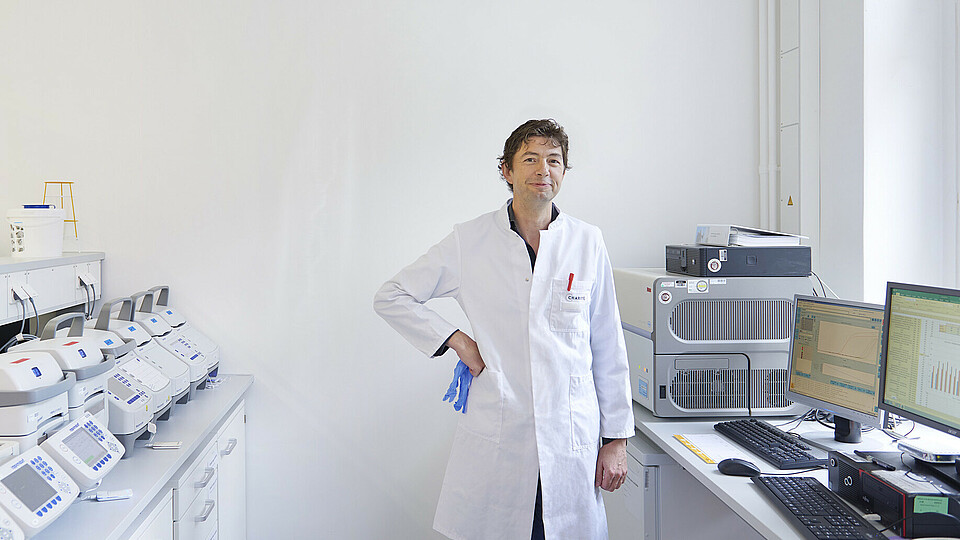 © Philipp Jester
Charité - Universitätsmedizin BerlinBerlin's research landscape is characterized by change and progress. There is a unique energy here.→
© Philipp Jester
Charité - Universitätsmedizin BerlinBerlin's research landscape is characterized by change and progress. There is a unique energy here.→Prof. Dr. Christian Drosten
-
Humboldt-Universität zu Berlin
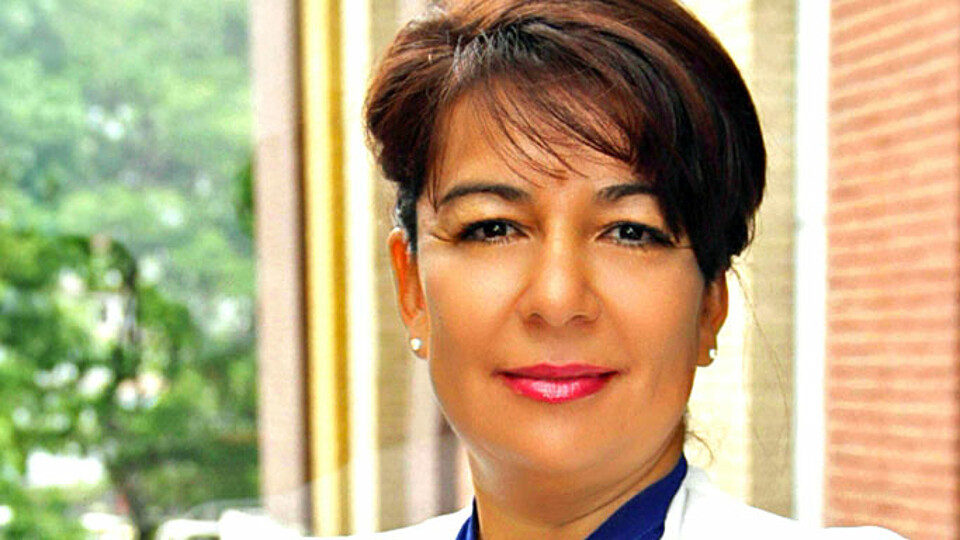 Humboldt-Universität zu BerlinBuilding bridges with Latin America will maximize the successful cooperation between science and emerging economies.→
Humboldt-Universität zu BerlinBuilding bridges with Latin America will maximize the successful cooperation between science and emerging economies.→Dr. Hannia Bridg
-
Category botschafter
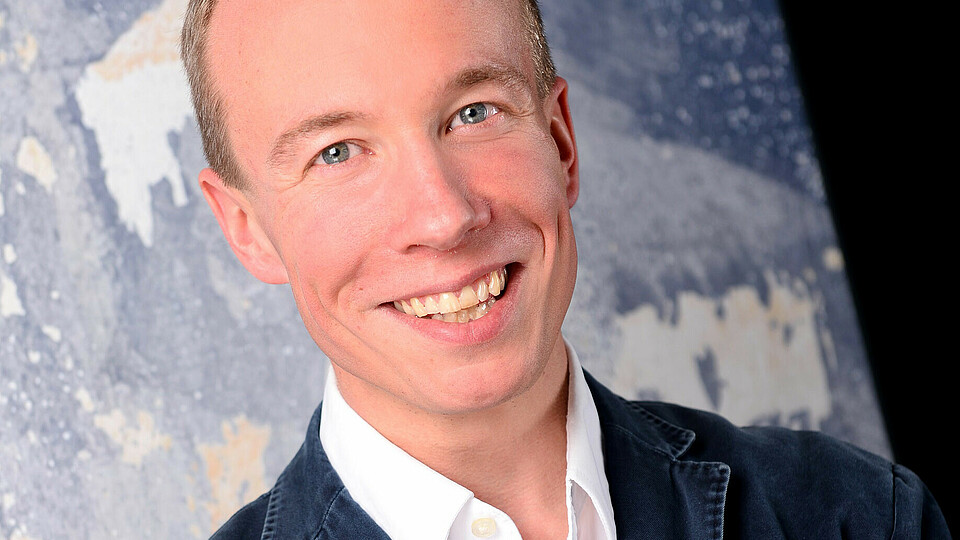 Category botschafterInternational connectivity, creative exchange, specialists in many exciting niches: Berlin is a nucleus for innovation, a living tree of knowledge and…→
Category botschafterInternational connectivity, creative exchange, specialists in many exciting niches: Berlin is a nucleus for innovation, a living tree of knowledge and…→Prof. Dr. Peter Konhäusner
-
Hochschule für Technik und Wirtschaft Berlin (HTW Berlin) Katholische Hochschule für Sozialwesen Berlin (KHSB Berlin)
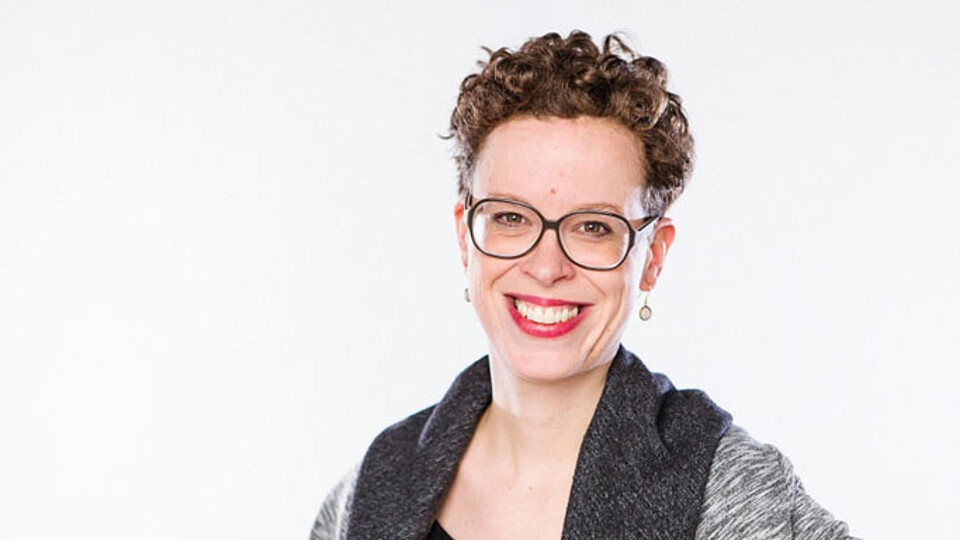 Hochschule für Technik und Wirtschaft Berlin (HTW Berlin) Katholische Hochschule für Sozialwesen Berlin (KHSB Berlin)In Berlin, innovative minds from business, science, politics and society come together in a dynamic setting.→
Hochschule für Technik und Wirtschaft Berlin (HTW Berlin) Katholische Hochschule für Sozialwesen Berlin (KHSB Berlin)In Berlin, innovative minds from business, science, politics and society come together in a dynamic setting.→Prof. Dr. Stefanie Molthagen-Schnöring
-
Category botschafter Mercator Research Institute on Global Commons and Climate Change
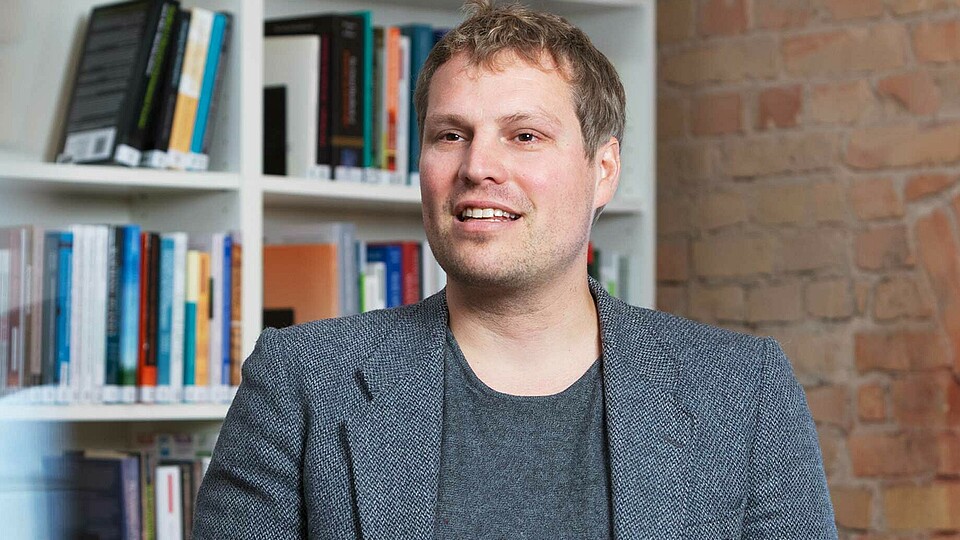 Photo: MCC Berlin © Matti Hillig
Category botschafter Mercator Research Institute on Global Commons and Climate ChangeThere is no expertise that is not available in Berlin. For me, this is a decisive advantage of the location.→
Photo: MCC Berlin © Matti Hillig
Category botschafter Mercator Research Institute on Global Commons and Climate ChangeThere is no expertise that is not available in Berlin. For me, this is a decisive advantage of the location.→Brain City Ambassador Prof. Dr. Felix Creutzig
-
Wissenschaftszentrum Berlin für Sozialforschung (WZB)
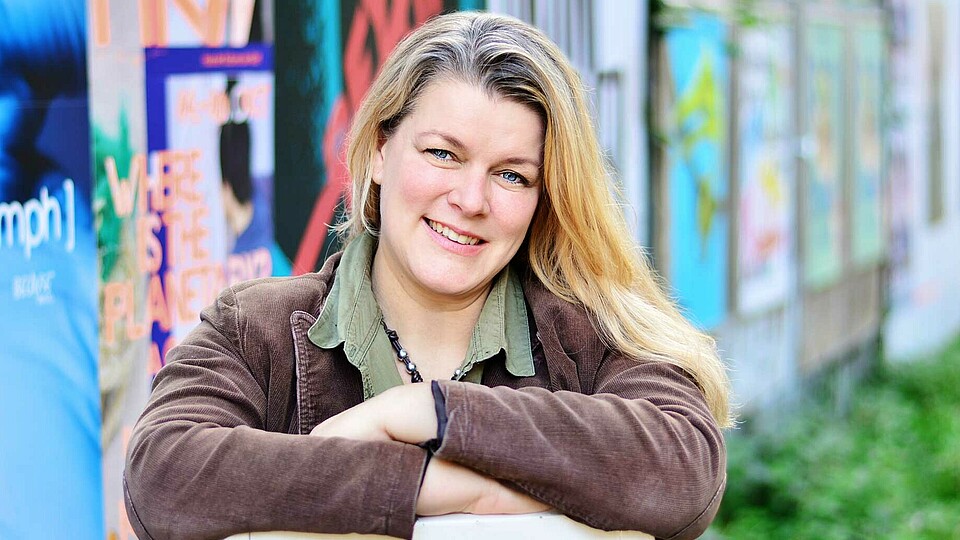 © Heike Schäfer, Fotostudio ISO25
Wissenschaftszentrum Berlin für Sozialforschung (WZB)As a city of science, Berlin is a melting pot with unlimited development opportunities.→
© Heike Schäfer, Fotostudio ISO25
Wissenschaftszentrum Berlin für Sozialforschung (WZB)As a city of science, Berlin is a melting pot with unlimited development opportunities.→Kathleen Warnhoff
-
Werner-von-Siemens Centre for Industry and Science
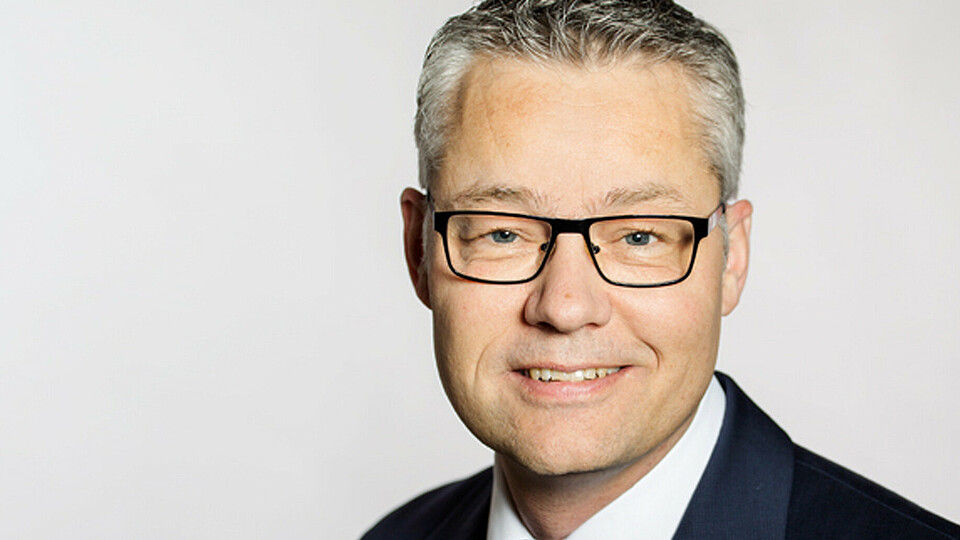 Photo: Erik Wiegard
Werner-von-Siemens Centre for Industry and ScienceBerlin is unique. In its scientific landscape, the city brings together numerous experts and innovators from a wide variety of technology, social…→
Photo: Erik Wiegard
Werner-von-Siemens Centre for Industry and ScienceBerlin is unique. In its scientific landscape, the city brings together numerous experts and innovators from a wide variety of technology, social…→Erik Wiegard
-
Stiftung Planetarium Berlin
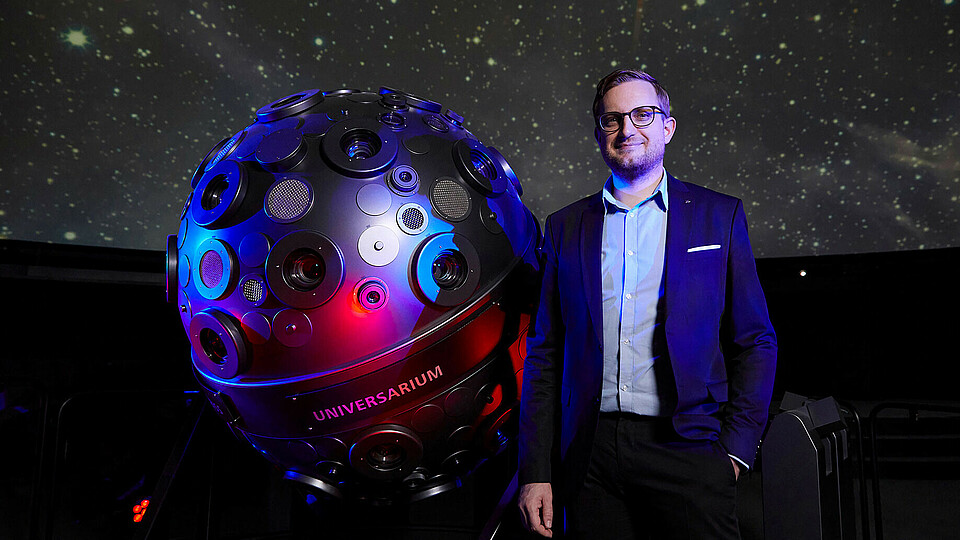 © SPB/Bernd Jaworek
Stiftung Planetarium BerlinBerlin is a city that allows extraordinary ideas. The paths are short: Many disciplines come together here in one place. This creates exciting…→
© SPB/Bernd Jaworek
Stiftung Planetarium BerlinBerlin is a city that allows extraordinary ideas. The paths are short: Many disciplines come together here in one place. This creates exciting…→Tim Florian Horn
-
Food Campus Berlin
 © Jule Frommelt
Food Campus BerlinTo me, Berlin is the Silicon Valley of the food scene – always changing and looking for the next big thing.→
© Jule Frommelt
Food Campus BerlinTo me, Berlin is the Silicon Valley of the food scene – always changing and looking for the next big thing.→Lia Carlucci
-
Touro College Berlin
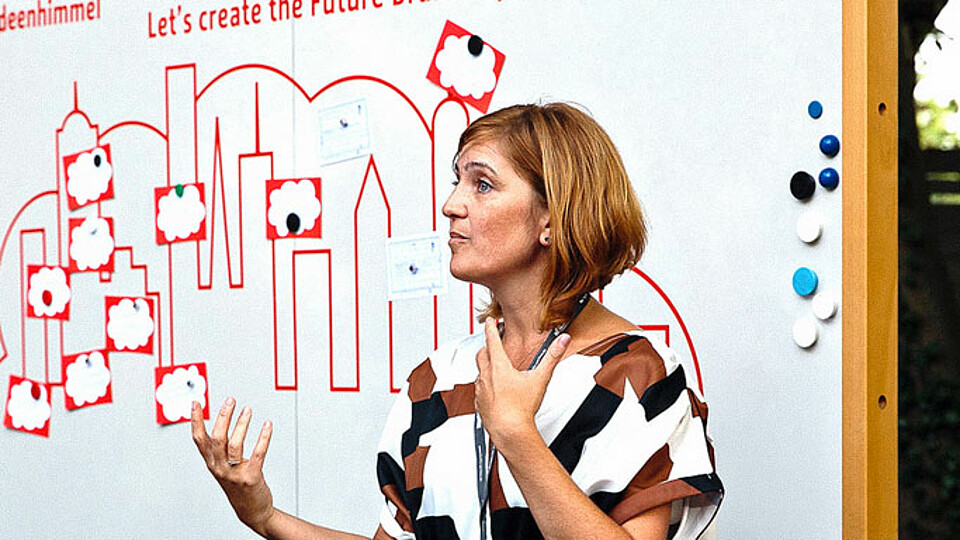 Touro College BerlinSocial research is just as creative as Berlin!→
Touro College BerlinSocial research is just as creative as Berlin!→Prof. Özen Odağ
-
Leibniz-Institut für Kristallzüchtung
![[Translate to English:] [Translate to English:]](/fileadmin/_processed_/a/c/csm_Bickermann_Berlin-Partner_683x384_fb5a44af18.jpg) [Translate to English:]
Leibniz-Institut für KristallzüchtungBerlin is the capital of scientific potential.→
[Translate to English:]
Leibniz-Institut für KristallzüchtungBerlin is the capital of scientific potential.→Prof. Dr.-Ing. Matthias Bickermann
-
Charité - Universitätsmedizin Berlin
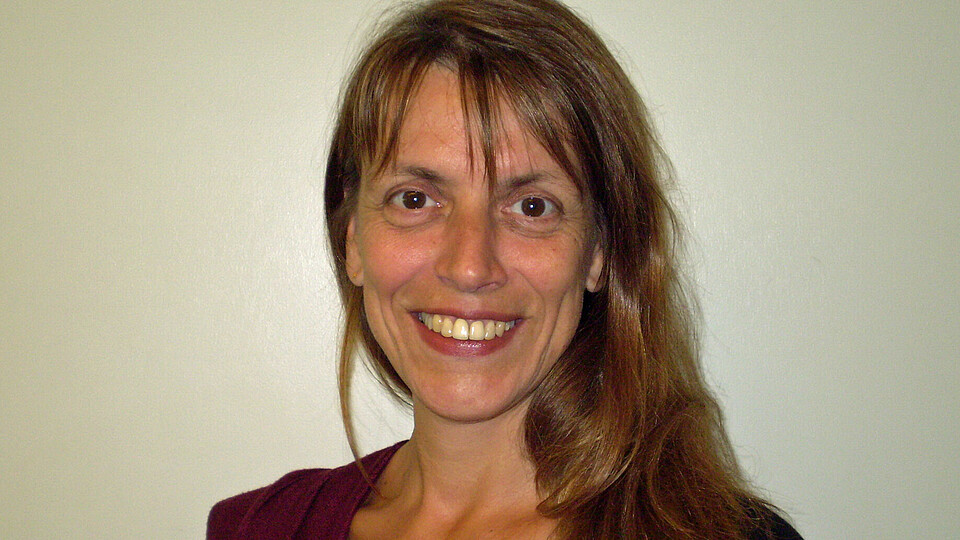 © Christine Kurmeyer
Charité - Universitätsmedizin BerlinBerlin is at the flashpoint of German history. And the Charité is the history of Berlin in a nutshell.→
© Christine Kurmeyer
Charité - Universitätsmedizin BerlinBerlin is at the flashpoint of German history. And the Charité is the history of Berlin in a nutshell.→Dr. Christine Kurmeyer
-
IU Internationale Universität Berlin Hochschule für Technik und Wirtschaft Berlin (HTW Berlin)
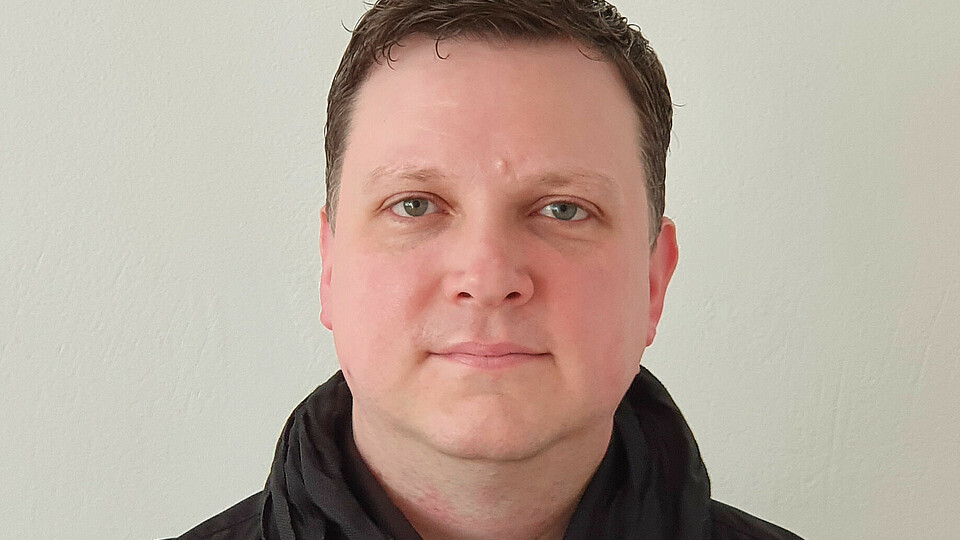 IU Internationale Universität Berlin Hochschule für Technik und Wirtschaft Berlin (HTW Berlin)Everything is concentrated in Berlin: Both light and shadow. This allows work at the highest level and lighthouse projects for Germany and Europe.→
IU Internationale Universität Berlin Hochschule für Technik und Wirtschaft Berlin (HTW Berlin)Everything is concentrated in Berlin: Both light and shadow. This allows work at the highest level and lighthouse projects for Germany and Europe.→Dr. Simon Mamerow
-
Category botschafter Technische Universität Berlin
![[Translate to English:] [Translate to English:]](/fileadmin/_processed_/b/c/csm_Lang_Berlin-Partner_Philipp-Jester_683x384_31db623bc3.jpg) [Translate to English:]
Category botschafter Technische Universität BerlinThis is what makes Berlin so unique for me as an entrepreneur: I can call upon scientific expertise for any issue that may arise.→
[Translate to English:]
Category botschafter Technische Universität BerlinThis is what makes Berlin so unique for me as an entrepreneur: I can call upon scientific expertise for any issue that may arise.→Prof. Dr. Christine Lang
-
Wissenschaftszentrum Berlin für Sozialforschung (WZB)
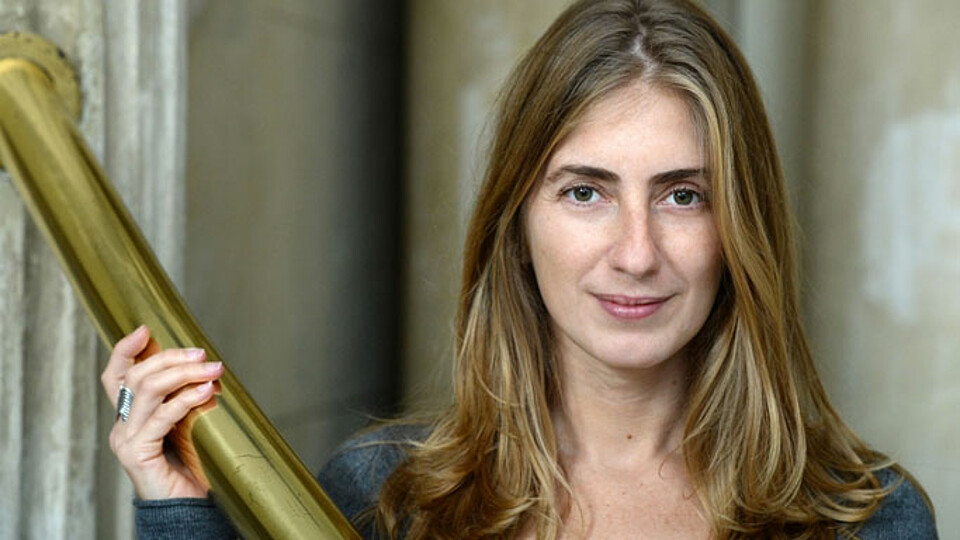 Wissenschaftszentrum Berlin für Sozialforschung (WZB)The scientific and academic environment in Berlin is just like the city itself: interesting, stimulating, and diverse.→
Wissenschaftszentrum Berlin für Sozialforschung (WZB)The scientific and academic environment in Berlin is just like the city itself: interesting, stimulating, and diverse.→Prof. Dr. Thamy Pogrebinschi
-
Category botschafter Technische Universität Berlin
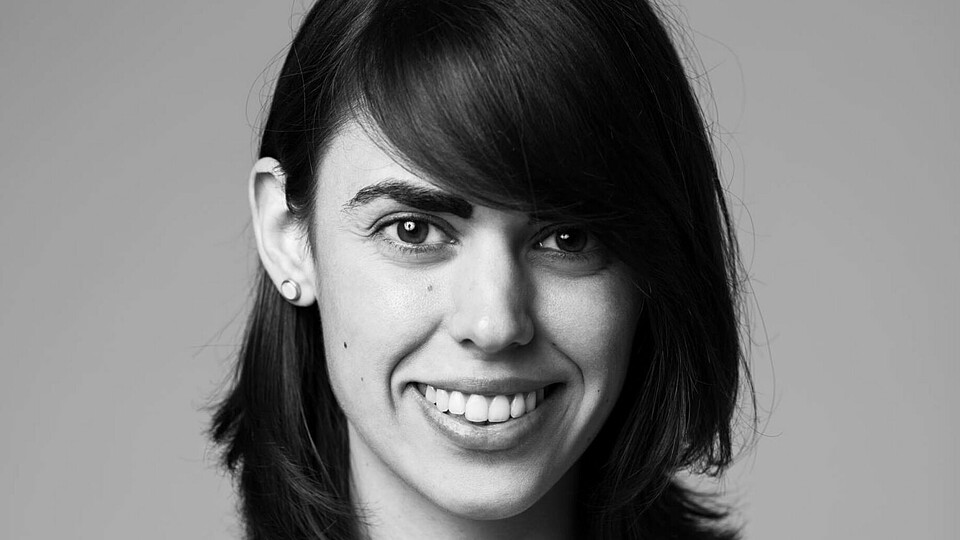 © Magnus Reed
Category botschafter Technische Universität BerlinBerlin is a lively city where non-academics who are outside the establishment can express themselves→
© Magnus Reed
Category botschafter Technische Universität BerlinBerlin is a lively city where non-academics who are outside the establishment can express themselves→Brain City Ambassador Jess de Jesus de Pinho Pinhal
-
Hochschule für Technik und Wirtschaft Berlin (HTW Berlin)
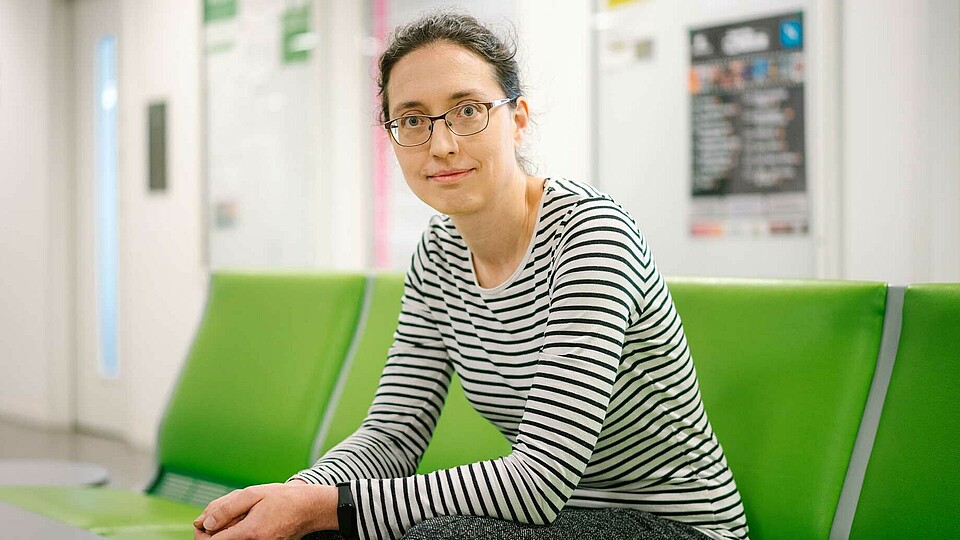 © HTW Berlin / Alexander Rentsch
Hochschule für Technik und Wirtschaft Berlin (HTW Berlin)The size and diversity of Berlin’s ecosystem are fantastic - the large number of research institutes and research-related companies, the…→
© HTW Berlin / Alexander Rentsch
Hochschule für Technik und Wirtschaft Berlin (HTW Berlin)The size and diversity of Berlin’s ecosystem are fantastic - the large number of research institutes and research-related companies, the…→Prof. Dr. Christina Kratsch
-
Humboldt-Universität zu Berlin
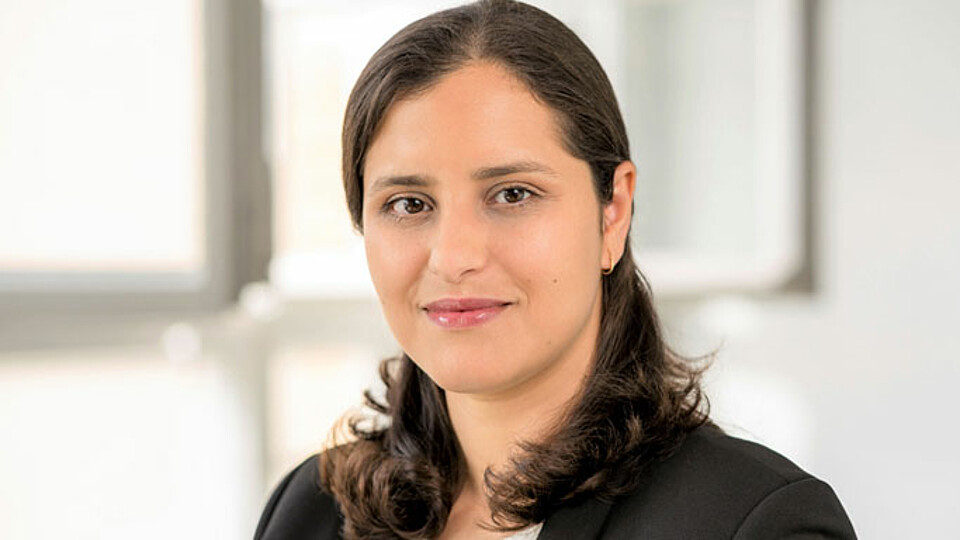 Humboldt-Universität zu BerlinIn Berlin you get an overview of all career options – from research in academia to working for research and development companies to entrepreneurship.…→
Humboldt-Universität zu BerlinIn Berlin you get an overview of all career options – from research in academia to working for research and development companies to entrepreneurship.…→Dr. Sana Amairi Pyka
-
Bundesanstalt für Materialforschung und -prüfung (BAM)
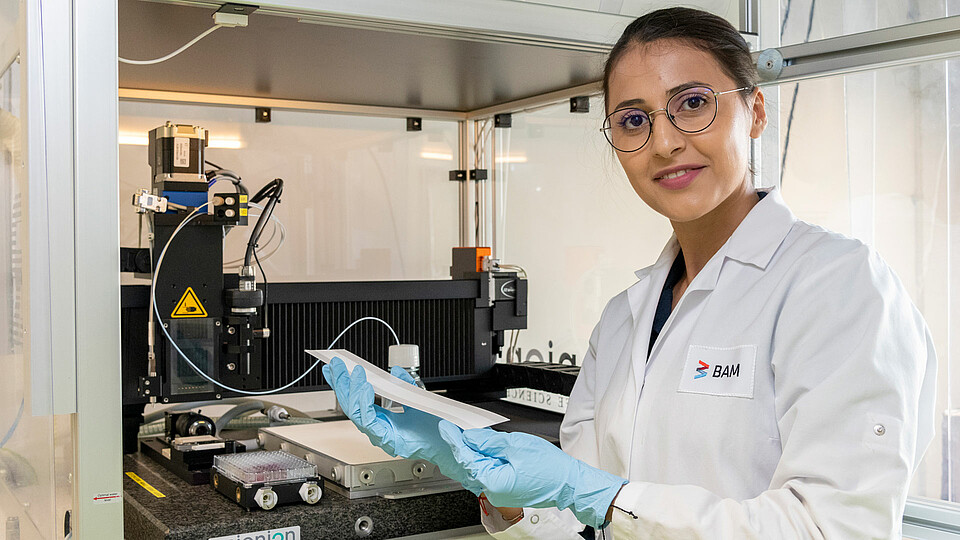 ©BAM
Bundesanstalt für Materialforschung und -prüfung (BAM)Being a researcher in Berlin is amazing. Numerous great names in the history of science are closely associated with the city. I believe that Berlin is…→
©BAM
Bundesanstalt für Materialforschung und -prüfung (BAM)Being a researcher in Berlin is amazing. Numerous great names in the history of science are closely associated with the city. I believe that Berlin is…→Anna Raysyan
-
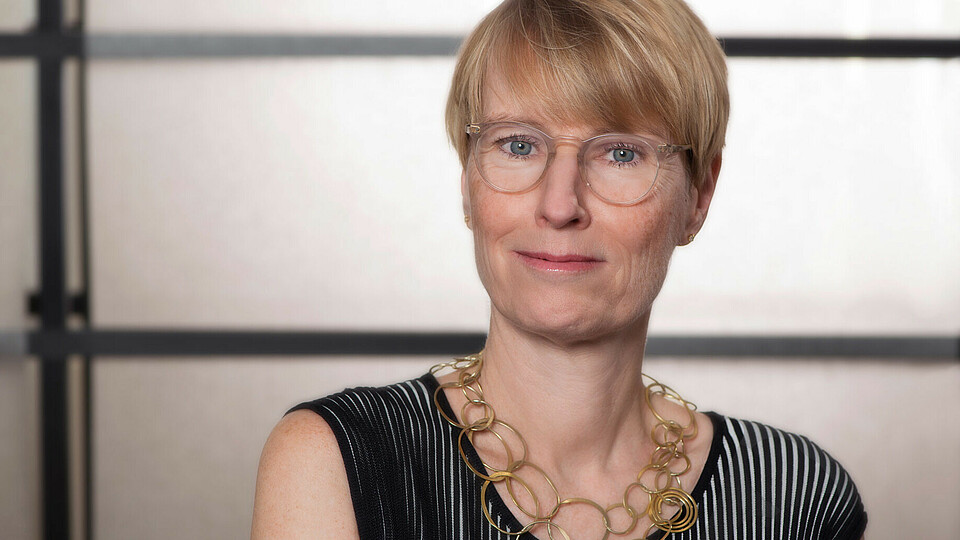 © KHSB/ Elisabeth Schoepe
Berlin is an open, colourful city where social ideas and innovations grow and flourish. I am happy to contribute to this with my work.→
© KHSB/ Elisabeth Schoepe
Berlin is an open, colourful city where social ideas and innovations grow and flourish. I am happy to contribute to this with my work.→Brain City Ambassador Prof Dr Petra Mund
-
Universität der Künste Berlin
![[Translate to English:] [Translate to English:]](/fileadmin/_processed_/1/f/csm_Musiolik_Erika-Mayer_683x384_e8ef065757.jpg) [Translate to English:]
Universität der Künste BerlinThe Brain City is a home for all scientists worldwide. Come home, and let us face future challenges together!→
[Translate to English:]
Universität der Künste BerlinThe Brain City is a home for all scientists worldwide. Come home, and let us face future challenges together!→Thomas Heinrich Musiolik
-
Category botschafter Charité - Universitätsmedizin Berlin
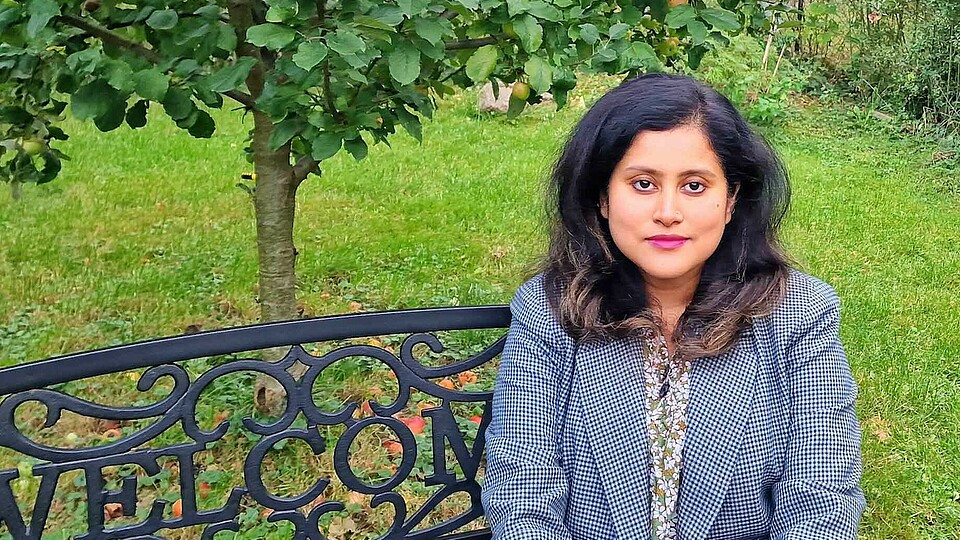 Category botschafter Charité - Universitätsmedizin BerlinThere is hardly another city that offers so many facets – science, technology, art, music and history.→
Category botschafter Charité - Universitätsmedizin BerlinThere is hardly another city that offers so many facets – science, technology, art, music and history.→Dr. rer. nat. Priyanka Banerjee
-
Category botschafter Charité - Universitätsmedizin Berlin
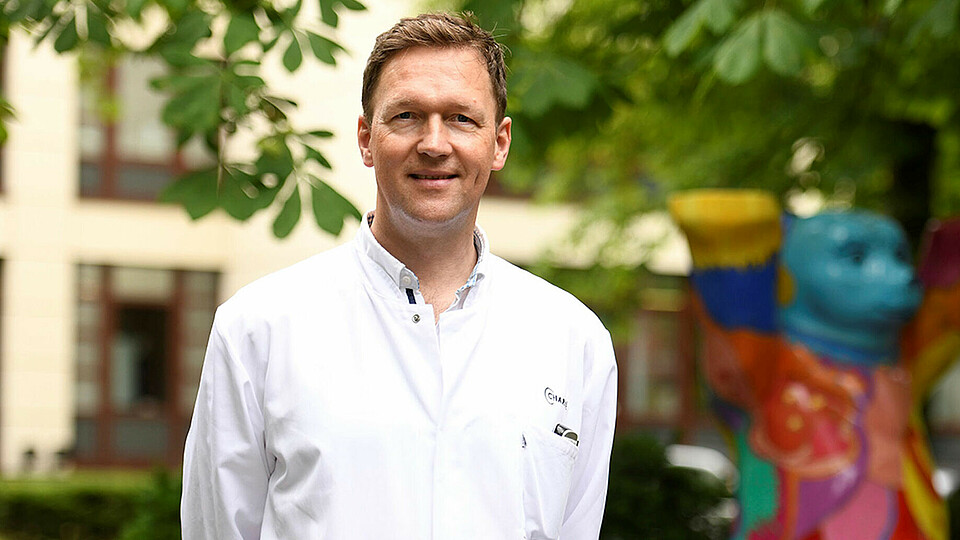 © Iris Janke
Category botschafter Charité - Universitätsmedizin BerlinBerlin offers a large number of universities, colleges and institutions that enable cooperation in many sectors.→
© Iris Janke
Category botschafter Charité - Universitätsmedizin BerlinBerlin offers a large number of universities, colleges and institutions that enable cooperation in many sectors.→Prof. Dr. med. Ulrich-Wilhelm Thomale
-
Weizenbaum Institut Category botschafter
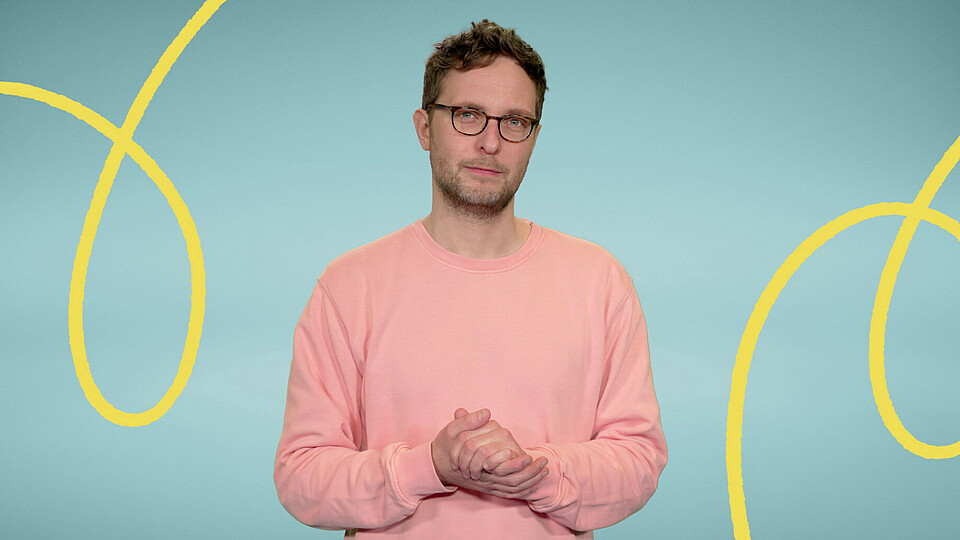 © rbb
Weizenbaum Institut Category botschafterBerlin is a metropolitan area with many universities. There’s a good chance of finding people here who are like-minded and with whom you can get…→
© rbb
Weizenbaum Institut Category botschafterBerlin is a metropolitan area with many universities. There’s a good chance of finding people here who are like-minded and with whom you can get…→Prof. Dr. Sascha Friesike
-
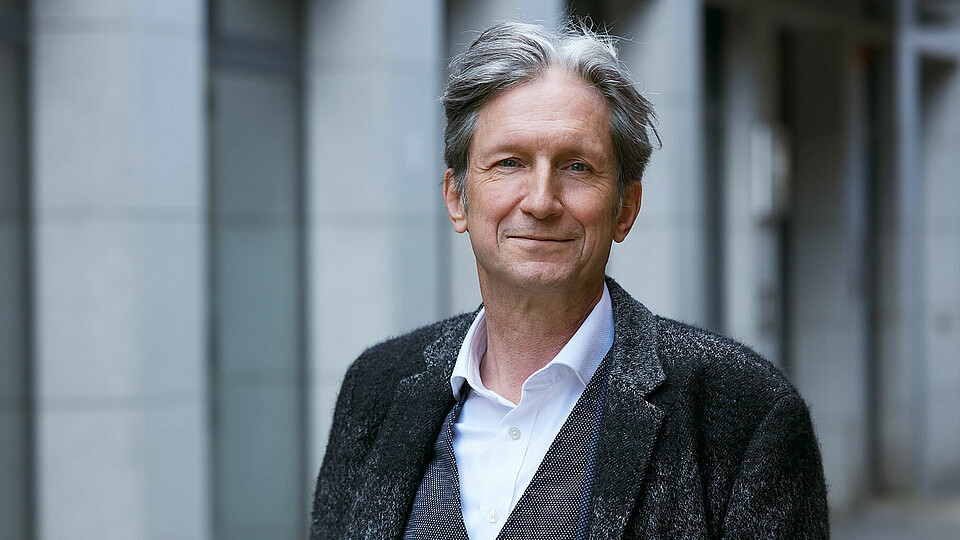 Credit: Berlin Partner/Fotostudio Charlottenburg
As a result of its historical development, Berlin offers a complex and stimulating environment on many levels. This open climate nourishes scientific…→
Credit: Berlin Partner/Fotostudio Charlottenburg
As a result of its historical development, Berlin offers a complex and stimulating environment on many levels. This open climate nourishes scientific…→Brain City Ambassador Dr. Carsten Hucho
-
Universität der Künste Berlin
![[Translate to English:] [Translate to English:]](/fileadmin/_processed_/1/e/csm_Haffner_Philipp-Jester_683x384_a3222f9bf6.jpg) [Translate to English:]
Universität der Künste BerlinBerlin offers space for ideas and exchange. That makes the city interesting for the art scene.→
[Translate to English:]
Universität der Künste BerlinBerlin offers space for ideas and exchange. That makes the city interesting for the art scene.→Prof. Nik Haffner
-
Hochschule für Wirtschaft und Recht Berlin (HWR Berlin)
 Cem Czerwionke
Hochschule für Wirtschaft und Recht Berlin (HWR Berlin)For me, Berlin is the most exciting city in Germany; the cultural diversity is unbeatable.→
Cem Czerwionke
Hochschule für Wirtschaft und Recht Berlin (HWR Berlin)For me, Berlin is the most exciting city in Germany; the cultural diversity is unbeatable.→Prof Dr Aysel Yollu-Tok
-
SRH Berlin University of Applied Sciences
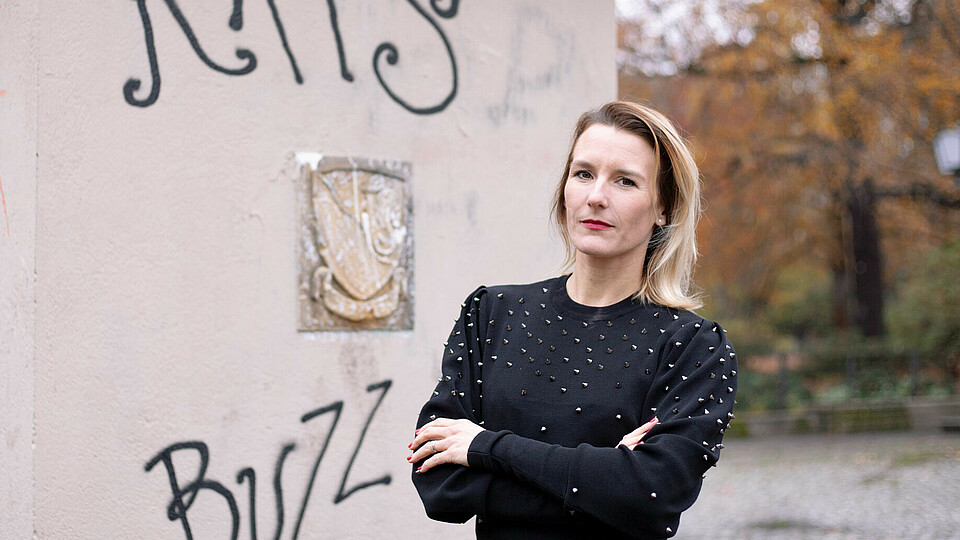 © Chono Chibesakunda
SRH Berlin University of Applied SciencesCreative impulses are very important for my research and that's exactly what we have here in Berlin: Berliners and international people doing cool…→
© Chono Chibesakunda
SRH Berlin University of Applied SciencesCreative impulses are very important for my research and that's exactly what we have here in Berlin: Berliners and international people doing cool…→Prof. Dr. Brigitte Biehl
-
Boston University Center for New Music
 © Marco Giugliarelli for Civitella Ranieri Foundation, 2019
Boston University Center for New MusicThe most special aspect of life in Berlin is the intensity and quality of human exchanges, both professional and personal.→
© Marco Giugliarelli for Civitella Ranieri Foundation, 2019
Boston University Center for New MusicThe most special aspect of life in Berlin is the intensity and quality of human exchanges, both professional and personal.→Joshua Fineberg
-
Category botschafter Katholische Hochschule für Sozialwesen Berlin (KHSB Berlin)
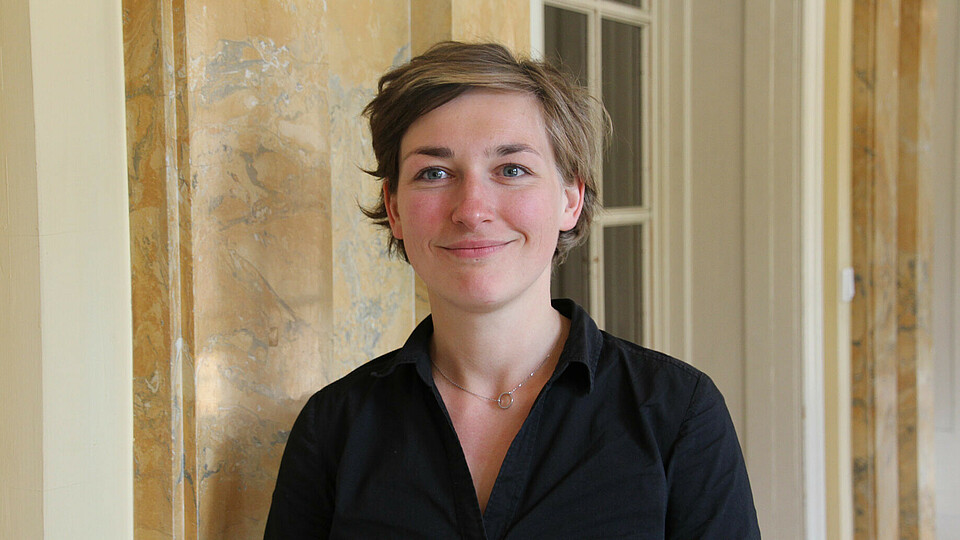 © Nicola Sernow
Category botschafter Katholische Hochschule für Sozialwesen Berlin (KHSB Berlin)The diversity of Berlin offers a lot of scientific potential: Practical and committed people come together here and develop and try out new things.→
© Nicola Sernow
Category botschafter Katholische Hochschule für Sozialwesen Berlin (KHSB Berlin)The diversity of Berlin offers a lot of scientific potential: Practical and committed people come together here and develop and try out new things.→Prof. Dr. Sarah Häseler
-
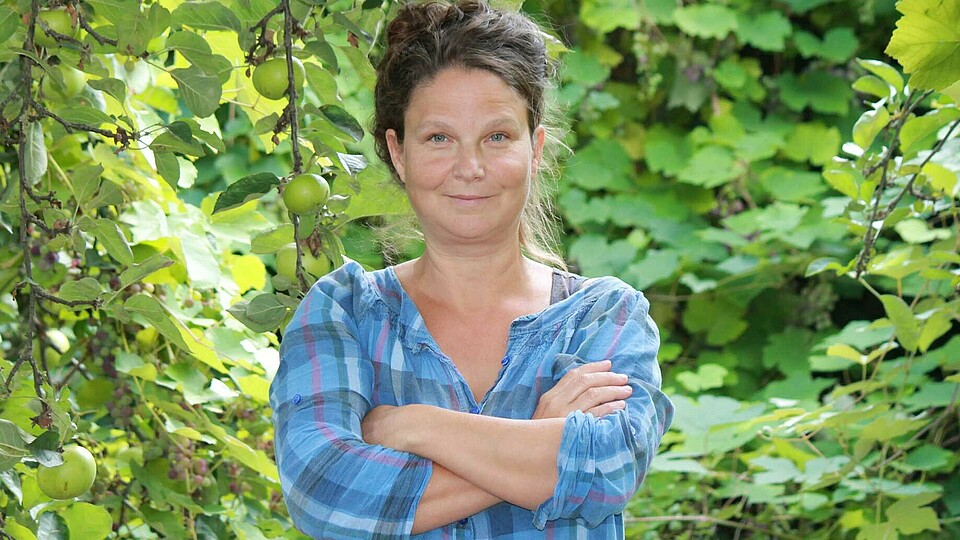 Foto: Ina Säumel
Berlin is curious, uncomfortable, complex and diverse. The ideal location for transformation research.→
Foto: Ina Säumel
Berlin is curious, uncomfortable, complex and diverse. The ideal location for transformation research.→Brain City Ambassador Dr. Ina Säumel
-
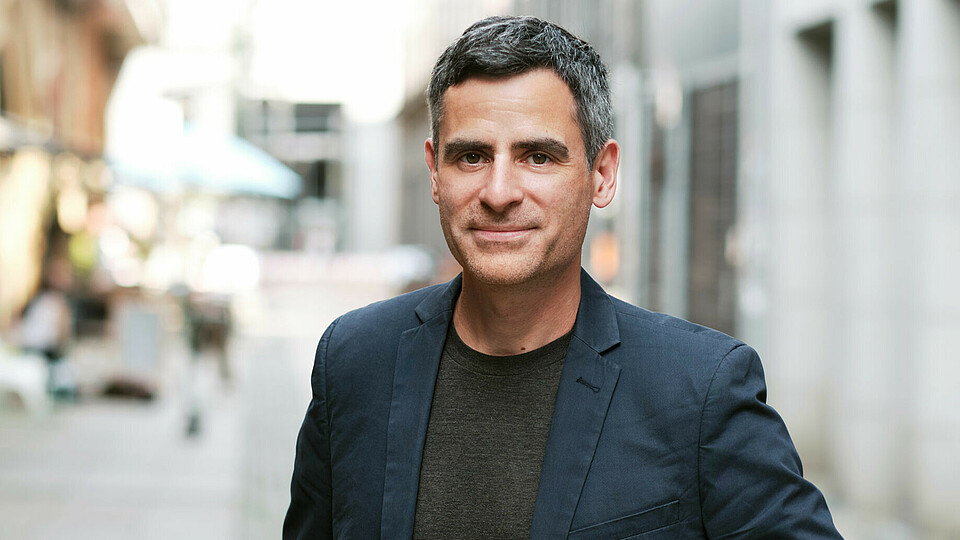 Credit: Berlin Partner/ Fotostudio Charlottenburg
In social-ecological research, Berlin is a pacesetter for developments that can only be observed in other cities and regions with a time delay.→
Credit: Berlin Partner/ Fotostudio Charlottenburg
In social-ecological research, Berlin is a pacesetter for developments that can only be observed in other cities and regions with a time delay.→Brain City Ambassador Dr. Ralph Richter
-
Universität der Künste Berlin
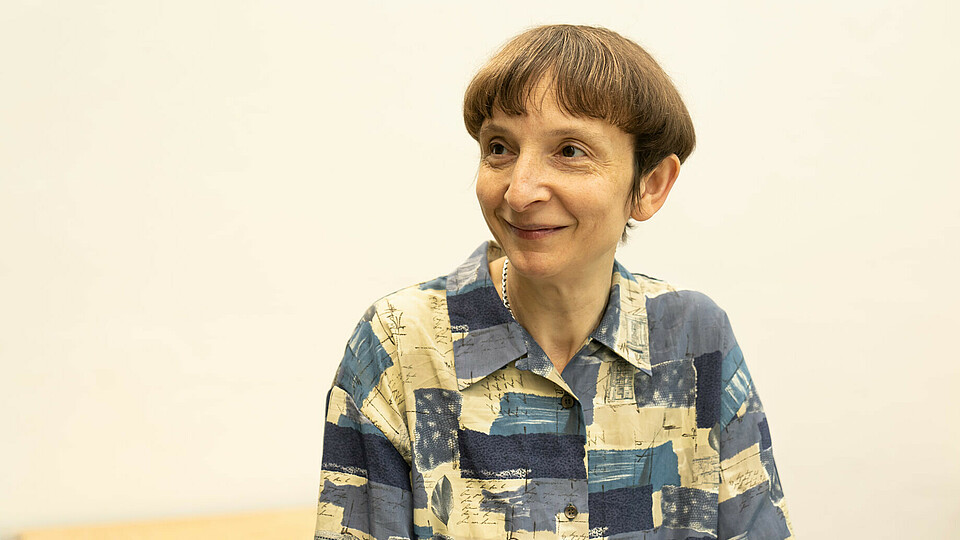 © Min Kim
Universität der Künste BerlinBerlin has an incomparably well-connected scientific and artistic infrastructure. The thresholds between the city, the respective scenes and the…→
© Min Kim
Universität der Künste BerlinBerlin has an incomparably well-connected scientific and artistic infrastructure. The thresholds between the city, the respective scenes and the…→Prof. Dr. Ariane Jeßulat
-
Evangelische Hochschule Berlin
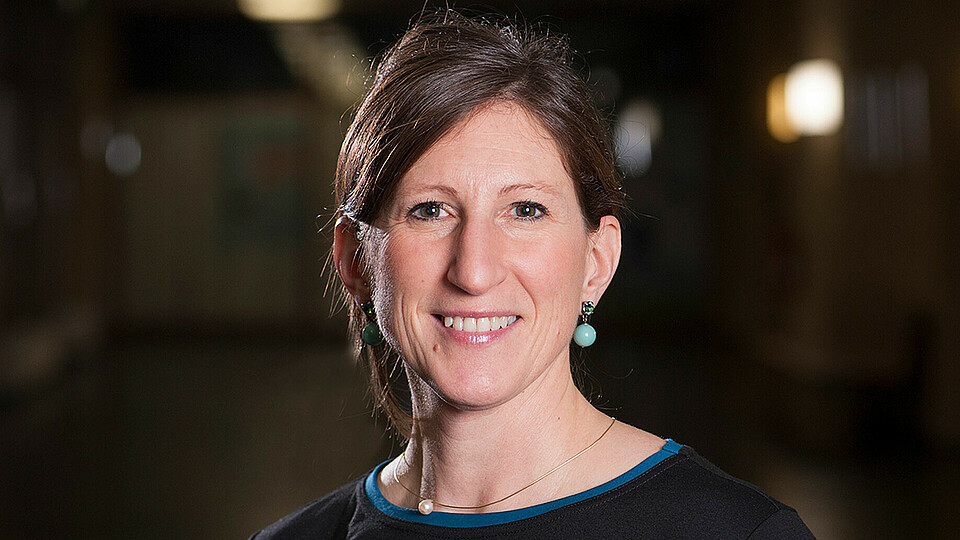 © Florian von Ploetz
Evangelische Hochschule BerlinIt is very easy in Berlin jointly to advance development processes on learning, education and competence development in nursing education.→
© Florian von Ploetz
Evangelische Hochschule BerlinIt is very easy in Berlin jointly to advance development processes on learning, education and competence development in nursing education.→Brain City Ambassador Prof. Dr. Phil. Annerose Bohrer
-
Berliner Hochschule für Technik
![[Translate to English:] [Translate to English:]](/fileadmin/_processed_/5/a/csm_Hild_Berlin-Partner_Philipp-Jester_683x384_01f627bde2.jpg) [Translate to English:]
Berliner Hochschule für TechnikIn additional to technology and mathematics, robotics requires social discourse for integrated research. Berlin offers top opportunities for this.→
[Translate to English:]
Berliner Hochschule für TechnikIn additional to technology and mathematics, robotics requires social discourse for integrated research. Berlin offers top opportunities for this.→Prof. Dr. Manfred Hild
-
Charité - Universitätsmedizin Berlin
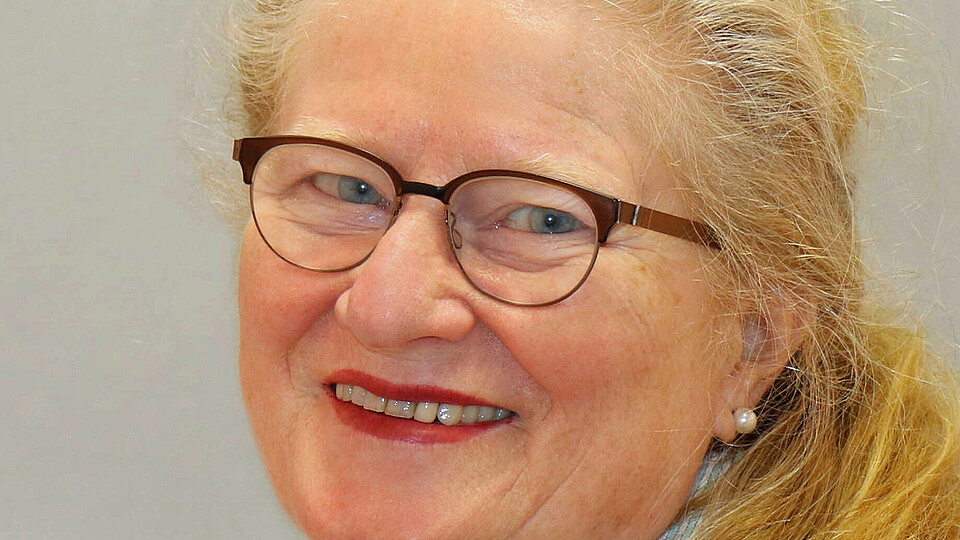 Photo: private (Steinhagen-Thiessen)
Charité - Universitätsmedizin BerlinBerlin is a highly interesting science location. This is particularly important to me because I attach great importance to multi-professionalism.→
Photo: private (Steinhagen-Thiessen)
Charité - Universitätsmedizin BerlinBerlin is a highly interesting science location. This is particularly important to me because I attach great importance to multi-professionalism.→Brain City Ambassador Prof. Dr med. Elisabeth Steinhagen-Thiessen
-
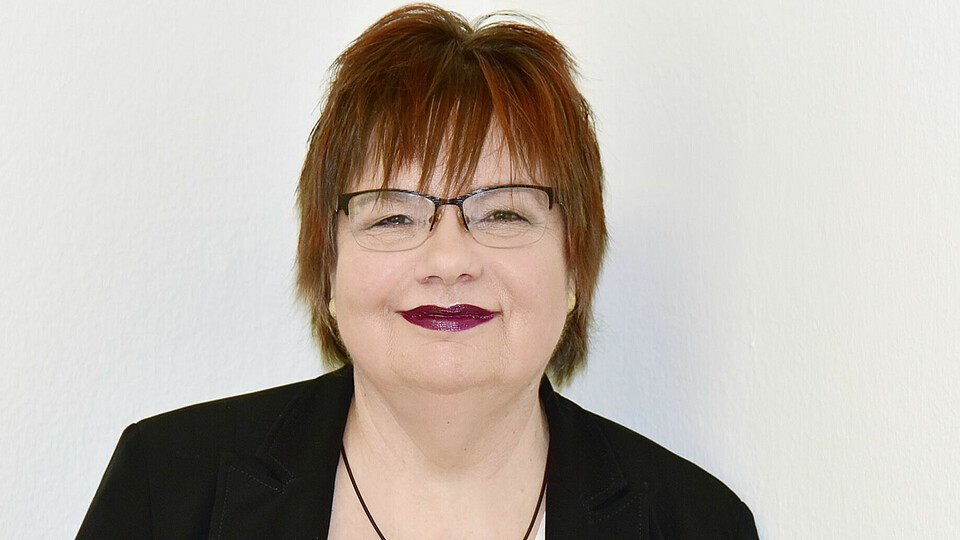 Foto: Barbara Herrenkind
Berlin is already the front runner in terms of equality among German university locations. About a third of the professorships are held by women, and…→
Foto: Barbara Herrenkind
Berlin is already the front runner in terms of equality among German university locations. About a third of the professorships are held by women, and…→Brain City Ambassador Dr. Ursula Fuhrich-Grubert
-
Technische Universität Berlin
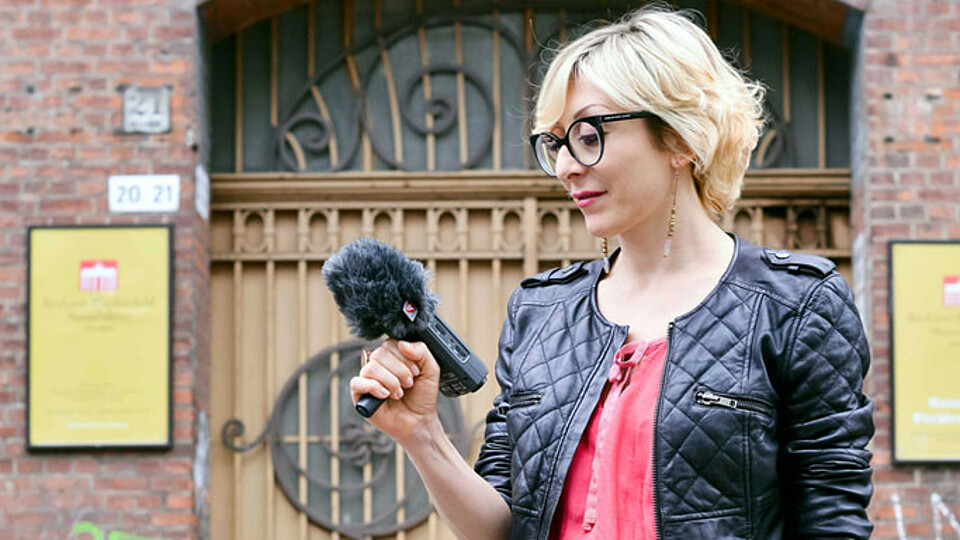 Technische Universität BerlinLet’s tear down the walls of the disciplines to address radical inter- & transdisciplinary science!→
Technische Universität BerlinLet’s tear down the walls of the disciplines to address radical inter- & transdisciplinary science!→Dr. Antonella Radicchi
-
Technische Universität Berlin
![[Translate to English:] [Translate to English:]](/fileadmin/_processed_/9/6/csm_Einacker_Berlin-partner_683x384_11c3e17622.jpg) [Translate to English:]
Technische Universität BerlinBerlin is a young science capital – the international community comes here to exchange at various conferences and events.→
[Translate to English:]
Technische Universität BerlinBerlin is a young science capital – the international community comes here to exchange at various conferences and events.→Ingo Einacker
-
Campus Berlin-Buch
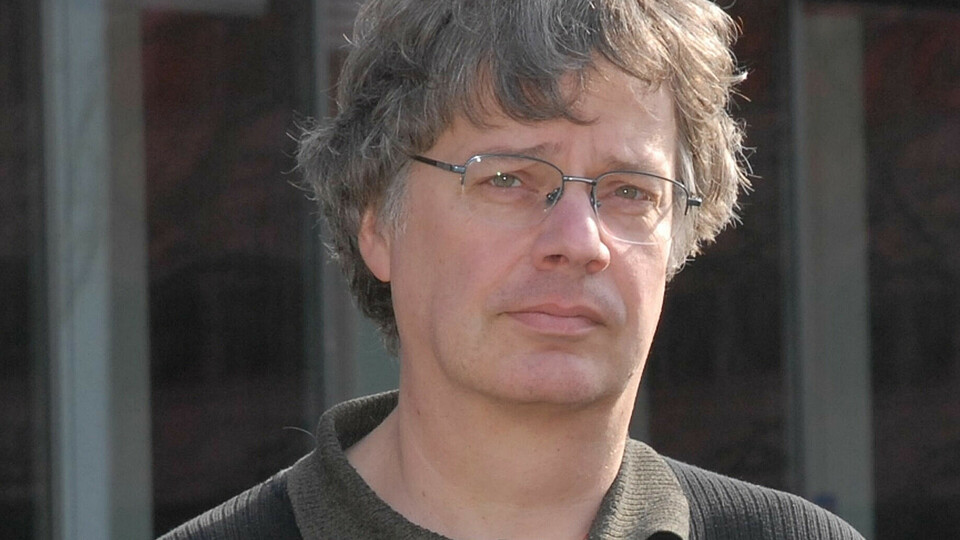 © Berlin Partner
Campus Berlin-BuchBerlin offers a unique research community of scientists and clinicians plus biotechnology companies.→
© Berlin Partner
Campus Berlin-BuchBerlin offers a unique research community of scientists and clinicians plus biotechnology companies.→Brain City Ambassador Dr. Jens Peter von Kries
-
Humboldt-Universität zu Berlin
![[Translate to English:] [Translate to English:]](/fileadmin/_processed_/0/a/csm_Greifeneder_Berlin-Partner_Philipp-Jester_683x384_6be7dd0c34.jpg) [Translate to English:]
Humboldt-Universität zu BerlinThe quality of research in Berlin is outstanding. Not only is there room for large specialist fields, but also for small ones.→
[Translate to English:]
Humboldt-Universität zu BerlinThe quality of research in Berlin is outstanding. Not only is there room for large specialist fields, but also for small ones.→Prof. Dr. Elke Greifeneder
-
Technische Universität Berlin
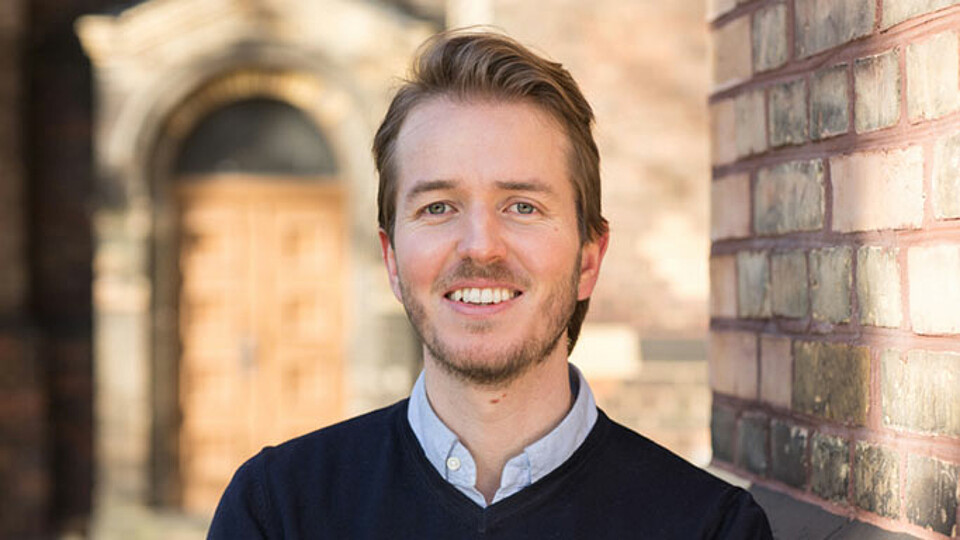 Technische Universität BerlinBerlin is already an internationally renowned tech hub. Universities and institutes need to leverage the closeness and spill-overs even more!→
Technische Universität BerlinBerlin is already an internationally renowned tech hub. Universities and institutes need to leverage the closeness and spill-overs even more!→Paul von Gruben
-
Touro College Berlin
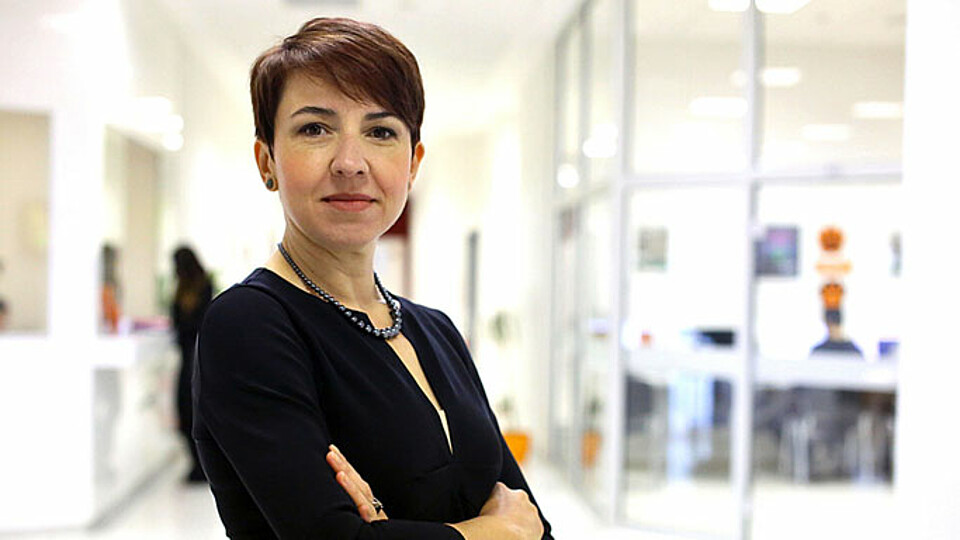 Touro College BerlinI wholeheartedly support the efforts to include a wider variety of researchers and institutions in the Brain City Berlin.→
Touro College BerlinI wholeheartedly support the efforts to include a wider variety of researchers and institutions in the Brain City Berlin.→Prof. Larisa Buhin, Ph.D.
-
Freie Universität Berlin
 © Fotographie Sackmann
Freie Universität BerlinThe attractiveness of the city also helps science, since we can interest many good people in our job offers.→
© Fotographie Sackmann
Freie Universität BerlinThe attractiveness of the city also helps science, since we can interest many good people in our job offers.→Prof. Dr. Bettina Hannover
-
Berliner Hochschule für Technik
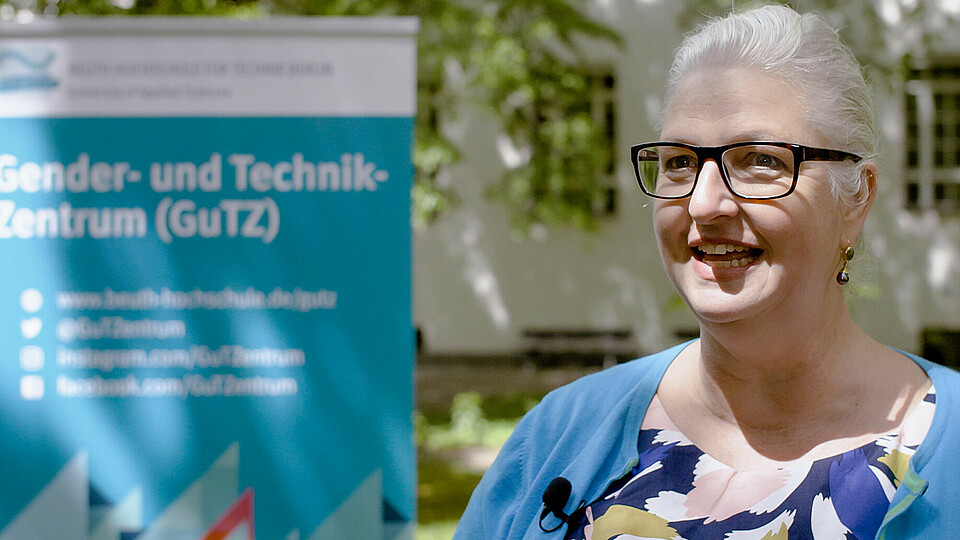 ©Susanne Plaumann
Berliner Hochschule für TechnikBerlin is diverse and, when we work together, almost everything seems possible to me. If I have an idea, I can quickly put it into action with others.→
©Susanne Plaumann
Berliner Hochschule für TechnikBerlin is diverse and, when we work together, almost everything seems possible to me. If I have an idea, I can quickly put it into action with others.→Susanne Plaumann M. A.
-
Category botschafter Hochschule für Technik und Wirtschaft Berlin (HTW Berlin)
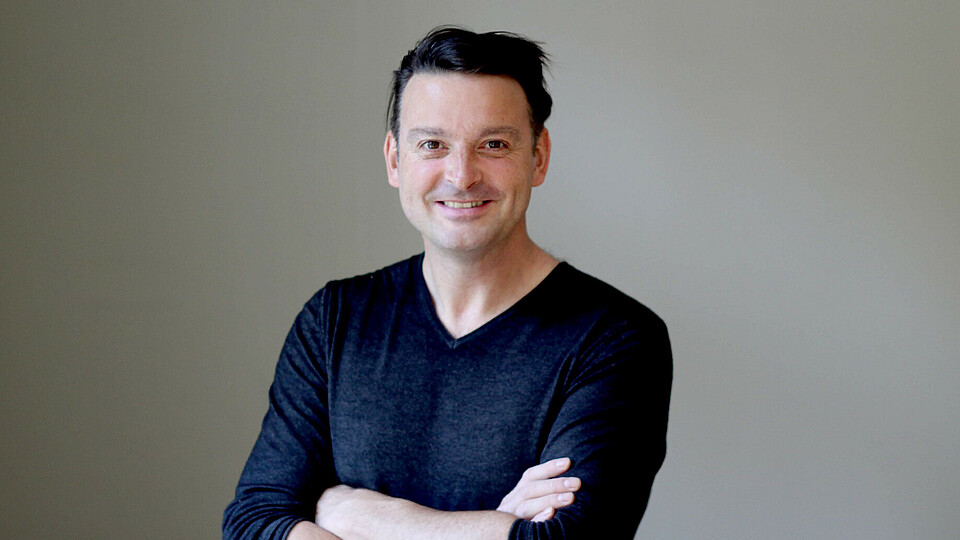 private
Category botschafter Hochschule für Technik und Wirtschaft Berlin (HTW Berlin)Research in Berlin is research into contrasts. There are few cities that are closer to the zeitgeist.→
private
Category botschafter Hochschule für Technik und Wirtschaft Berlin (HTW Berlin)Research in Berlin is research into contrasts. There are few cities that are closer to the zeitgeist.→Prof Dr Kai Reinhardt
-
Katholische Hochschule für Sozialwesen Berlin (KHSB Berlin)
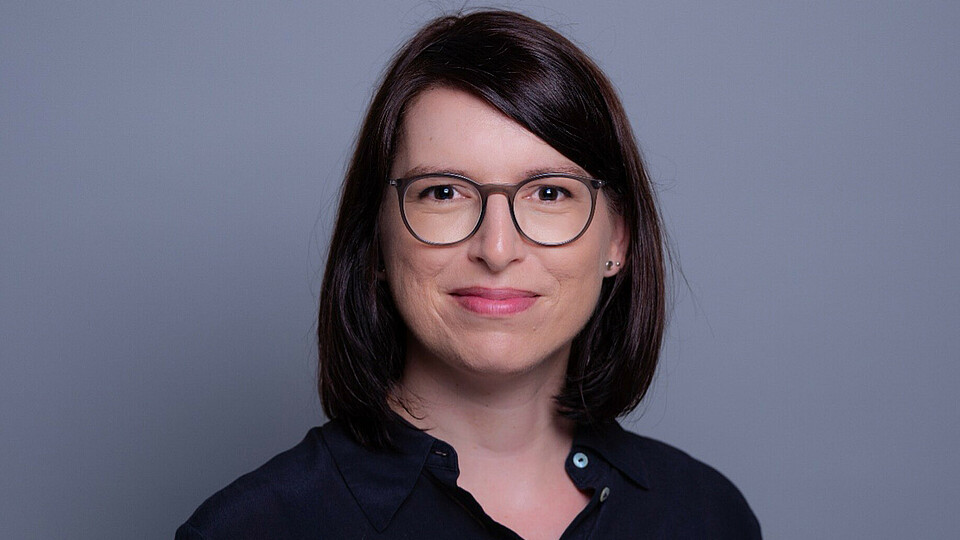 © Boillot
Katholische Hochschule für Sozialwesen Berlin (KHSB Berlin)Berlin is characterised by the intersectionality and superdiversity of children's worlds. Professional expertise in early childhood education can help…→
© Boillot
Katholische Hochschule für Sozialwesen Berlin (KHSB Berlin)Berlin is characterised by the intersectionality and superdiversity of children's worlds. Professional expertise in early childhood education can help…→Prof. Dr. Antje Rothe
-
Technische Universität Berlin
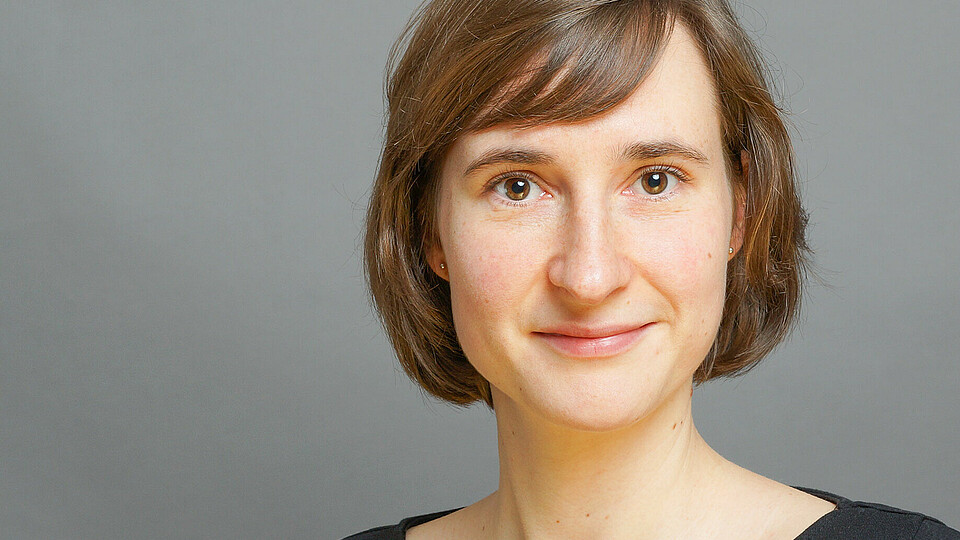 © FotoWerk
Technische Universität BerlinBerlin is a pioneer in equality for women, even if we still have to continue fighting in many areas.→
© FotoWerk
Technische Universität BerlinBerlin is a pioneer in equality for women, even if we still have to continue fighting in many areas.→Antje Bahnik
-
Max-Planck-Institut für Kolloid- und Grenzflächenforschung
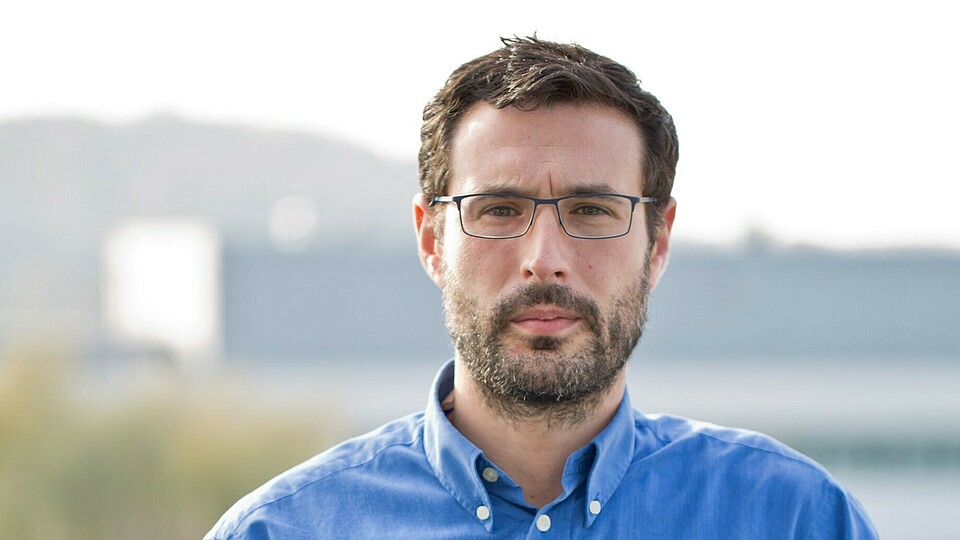 ©S. Eickelmann, Potsdam-SciencePark, 2019
Max-Planck-Institut für Kolloid- und GrenzflächenforschungBerlin’s universities are of excellent quality and together with Potsdam they create a prosperous ground to develop ideas and grow. Berlin is the…→
©S. Eickelmann, Potsdam-SciencePark, 2019
Max-Planck-Institut für Kolloid- und GrenzflächenforschungBerlin’s universities are of excellent quality and together with Potsdam they create a prosperous ground to develop ideas and grow. Berlin is the…→Dr. Rodrigo Pérez-García
-
Category botschafter ICN Business School
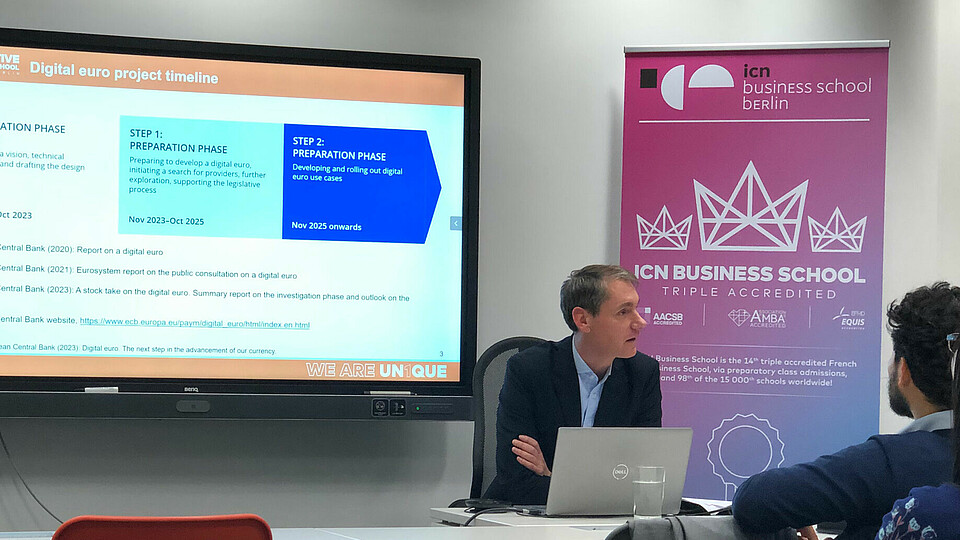 © Jessica Seiler
Category botschafter ICN Business SchoolBerlin impresses with its excellent infrastructure. It’s easy to network within the academic community here.→
© Jessica Seiler
Category botschafter ICN Business SchoolBerlin impresses with its excellent infrastructure. It’s easy to network within the academic community here.→Prof. Dr. rer. pol. Volker Seiler
-
Alice Salomon Hochschule Berlin
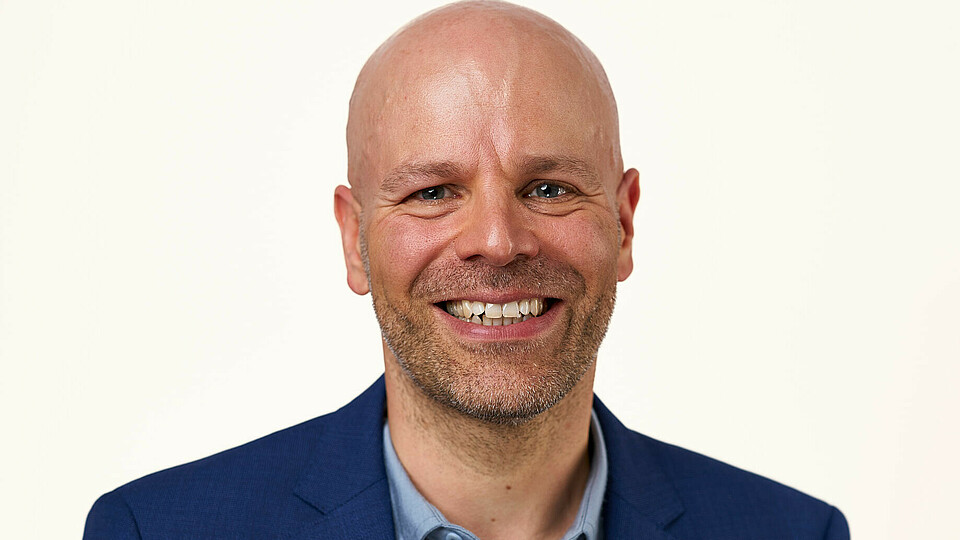 © Edgard Berendsen
Alice Salomon Hochschule BerlinBerlin has the most exciting academic landscape in Germany; it is great to work here. All major players in the healthcare system are represented in…→
© Edgard Berendsen
Alice Salomon Hochschule BerlinBerlin has the most exciting academic landscape in Germany; it is great to work here. All major players in the healthcare system are represented in…→Prof. Dr. Uwe Bettig
-
Leibniz-Institut für Molekulare Pharmakologie, Campus Berlin-Buch
![[Translate to English:] [Translate to English:]](/fileadmin/_processed_/f/7/csm_Korotkova_Berlin-Partner_Philipp-Jester_683x384_6197484ecc.jpg) [Translate to English:]
Leibniz-Institut für Molekulare Pharmakologie, Campus Berlin-BuchThanks to the many cooperating research groups, Berlin is one of the best locations for neuroscientists. I love the open atmosphere here.→
[Translate to English:]
Leibniz-Institut für Molekulare Pharmakologie, Campus Berlin-BuchThanks to the many cooperating research groups, Berlin is one of the best locations for neuroscientists. I love the open atmosphere here.→Dr. Tatiana Korotkova
-
Technische Universität Berlin
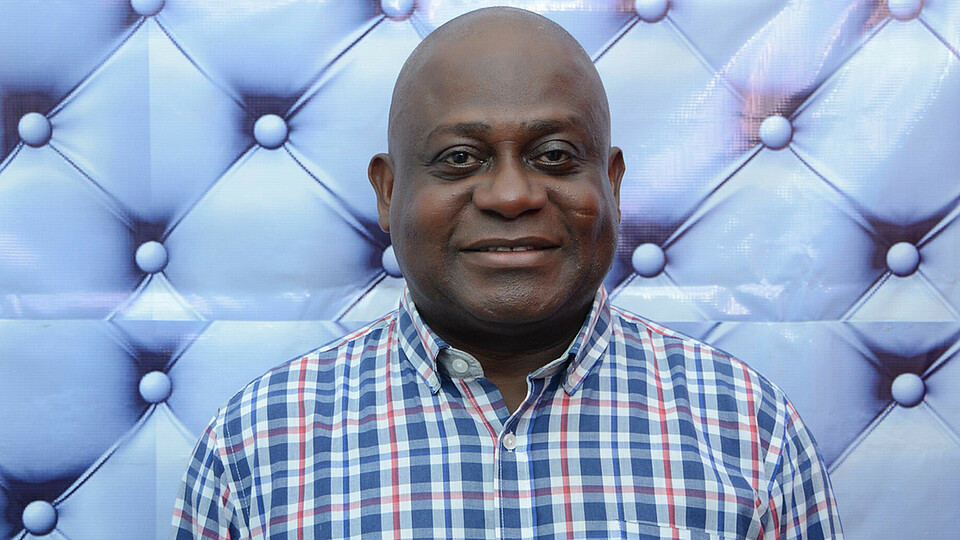 © Obiri-Yeboah Mensah
Technische Universität BerlinOnce a Berliner always a Berliner. The vibrant City of Berlin has a lot to offer the world in terms of high quality research programs and…→
© Obiri-Yeboah Mensah
Technische Universität BerlinOnce a Berliner always a Berliner. The vibrant City of Berlin has a lot to offer the world in terms of high quality research programs and…→Obiri-Yeboah Mensah
-
Humboldt-Universität zu Berlin
![[Translate to English:] [Translate to English:]](/fileadmin/_processed_/d/8/csm_Specht_Berlin-Partner_Philipp-Jester_683x384_7b944dd793.jpg) [Translate to English:]
Humboldt-Universität zu BerlinThe excellent research environment in Berlin motivates me. It inspires me to work in collaboration with a variety of institutions.→
[Translate to English:]
Humboldt-Universität zu BerlinThe excellent research environment in Berlin motivates me. It inspires me to work in collaboration with a variety of institutions.→Prof. Dr. Jule Specht
-
Technische Universität Berlin
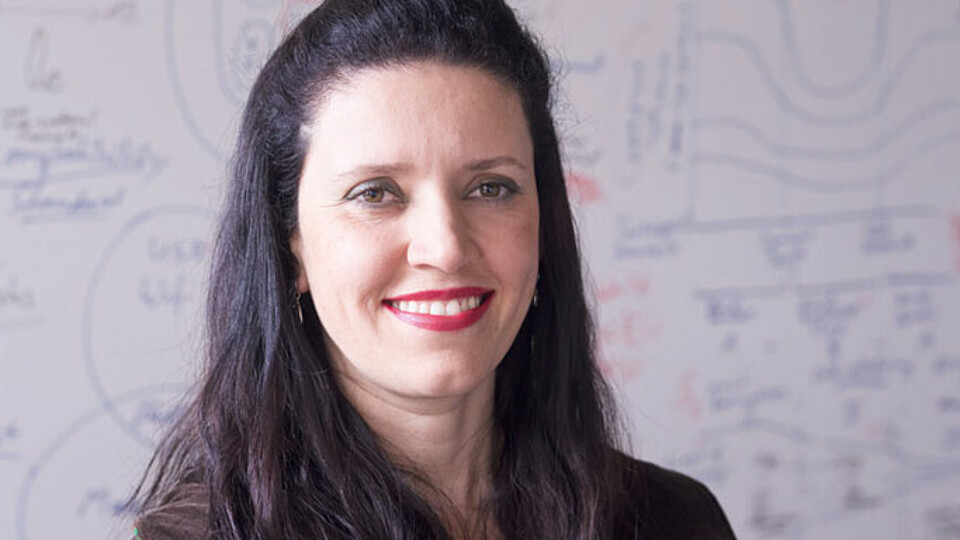 Technische Universität BerlinBerlin, thank you for embracing my family so fairly, we are doing our best to contribute to your cultural, knowledge and social atmosphere.→
Technische Universität BerlinBerlin, thank you for embracing my family so fairly, we are doing our best to contribute to your cultural, knowledge and social atmosphere.→Dr. Cristina Fróes de Borja Reis
-
Technische Universität Berlin
![[Translate to English:] [Translate to English:]](/fileadmin/_processed_/3/f/csm_Guenther_Berlin-Partner_683x384_2ca58b3a61.jpg) [Translate to English:]
Technische Universität BerlinBerlin is the city where mathematical research takes place and is presented to the public – the Science Slam, for example.→
[Translate to English:]
Technische Universität BerlinBerlin is the city where mathematical research takes place and is presented to the public – the Science Slam, for example.→Felix Günther
-
Hochschule für Wirtschaft und Recht Berlin (HWR Berlin)
![[Translate to English:] [Translate to English:]](/fileadmin/_processed_/a/4/csm_Felden_Berlin-Partner_Philipp-Jester_683x384_b0fec079bf.jpg) [Translate to English:]
Hochschule für Wirtschaft und Recht Berlin (HWR Berlin)Berlin’s dynamic environment provides me with everything I need to work successfully: committed students and companies that are eager to cooperate.→
[Translate to English:]
Hochschule für Wirtschaft und Recht Berlin (HWR Berlin)Berlin’s dynamic environment provides me with everything I need to work successfully: committed students and companies that are eager to cooperate.→Prof. Dr. Birgit Felden
-
SRH Berlin University of Applied Sciences
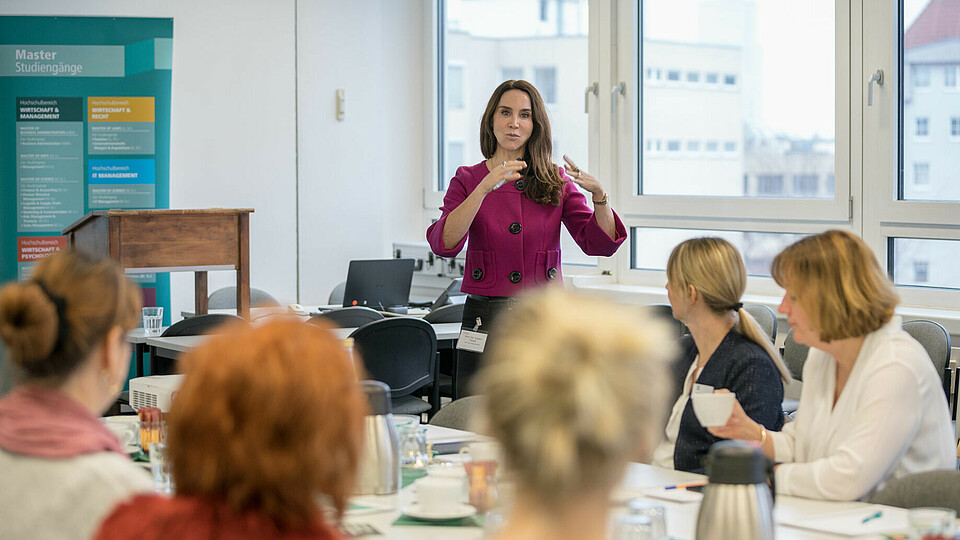 © Nicole Lehmann
SRH Berlin University of Applied SciencesBerlin offers diversity. The options available and the internationality make the city exciting for scientists form all over the world.→
© Nicole Lehmann
SRH Berlin University of Applied SciencesBerlin offers diversity. The options available and the internationality make the city exciting for scientists form all over the world.→Brain City Ambassador Prof. Dr. Anabel Ternès von Hattburg
-
BSP - Business and Law School Berlin
![] © Rainer Zeichhardt private Prof. Dr. Rainer Zeichhardt, BSP – Business & Law School](/fileadmin/_processed_/2/5/csm_1920x1080_Rainer-Zeichhardt_privat_ce7d8d169e.jpg) ] © Rainer Zeichhardt private
BSP - Business and Law School BerlinBerlin is exciting because the city combines so many different facets and contrasts.→
] © Rainer Zeichhardt private
BSP - Business and Law School BerlinBerlin is exciting because the city combines so many different facets and contrasts.→Prof. Dr. Rainer Zeichhardt
-
Technische Universität Berlin
![[Translate to English:] [Translate to English:]](/fileadmin/_processed_/3/5/csm_Woggon_Berlin-Partner_683x384_7e8fb844a2.jpg) [Translate to English:]
Technische Universität BerlinBerlin offers great opportunities for research, study, teaching and innovation in modern optics and photonics. We invite you to take advantage of…→
[Translate to English:]
Technische Universität BerlinBerlin offers great opportunities for research, study, teaching and innovation in modern optics and photonics. We invite you to take advantage of…→Prof. Dr. Ulrike Woggon
-
Charité - Universitätsmedizin Berlin
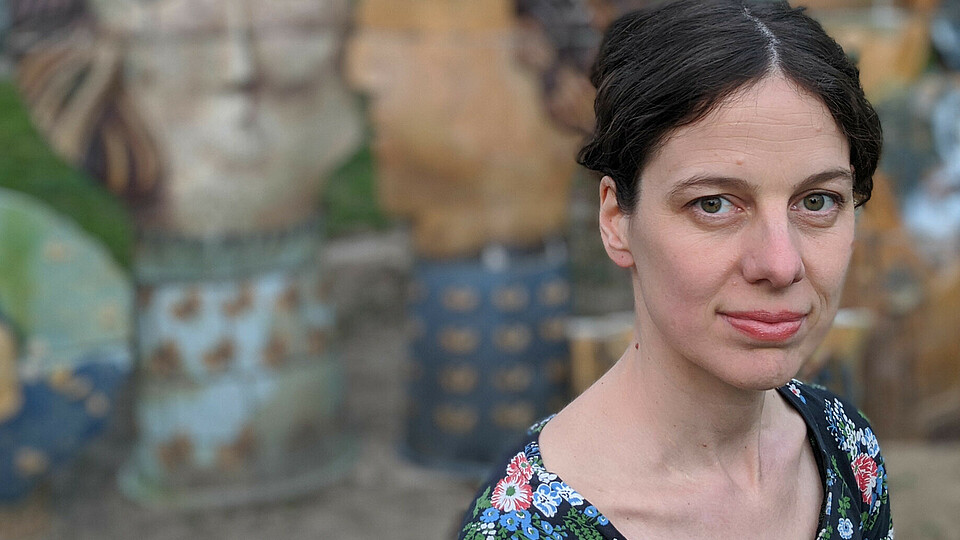 © Rufus Lane
Charité - Universitätsmedizin BerlinThe density of the scientific locations in Berlin and also the networking within European networks brings a lively and dynamic element into research.→
© Rufus Lane
Charité - Universitätsmedizin BerlinThe density of the scientific locations in Berlin and also the networking within European networks brings a lively and dynamic element into research.→Prof. Dr. Julia Leinweber
-
Arden University Berlin
![[Translate to English:] © Ourania Papasozomenou Dr. Ourania Papasozomenou, Brain City Berlin](/fileadmin/_processed_/5/9/csm_1920x1080-ourania-papasozomenou_465f9a737a.jpg) [Translate to English:] © Ourania Papasozomenou
Arden University BerlinBerlin is a colourful, dynamic, open and diverse city. I love working together with international colleagues, and Berlin offers that in abundance.→
[Translate to English:] © Ourania Papasozomenou
Arden University BerlinBerlin is a colourful, dynamic, open and diverse city. I love working together with international colleagues, and Berlin offers that in abundance.→Dr. Ourania Papasozomenou
-
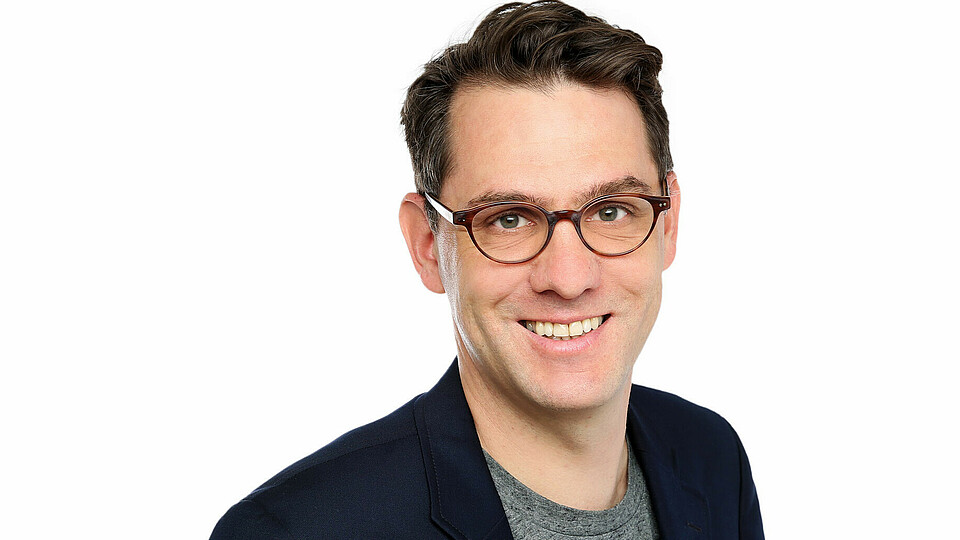 Credit: HTW Berlin
Berlin is international, multicultural, changeable and offers many research topics. Culture and nature can be reached quickly by bike.→
Credit: HTW Berlin
Berlin is international, multicultural, changeable and offers many research topics. Culture and nature can be reached quickly by bike.→Brain City Ambassador Prof. Dr. Florian Koch
-
Category botschafter Labor Berlin - Charité Vivantes
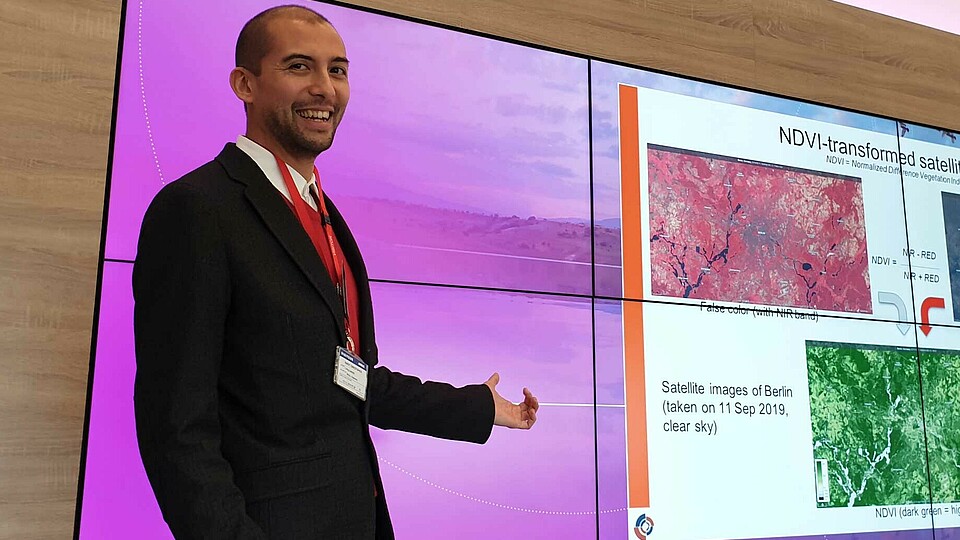 ©Christopher Hardt
Category botschafter Labor Berlin - Charité VivantesIn Berlin, you can find an excellent mix of small and medium-sized research companies, as well as large firms, scientific institutes, universities and…→
©Christopher Hardt
Category botschafter Labor Berlin - Charité VivantesIn Berlin, you can find an excellent mix of small and medium-sized research companies, as well as large firms, scientific institutes, universities and…→Christopher Hardt
-
Hochschule für Technik und Wirtschaft Berlin (HTW Berlin)
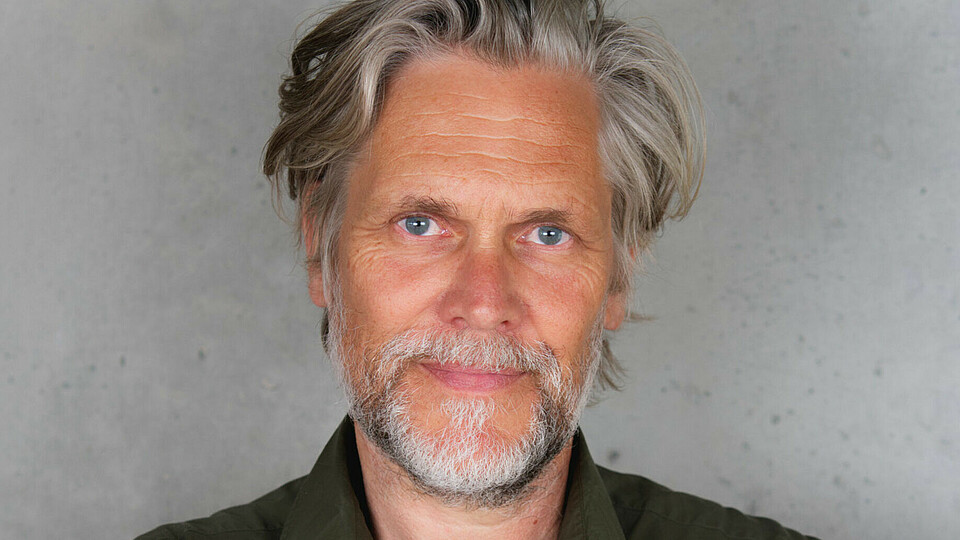 Credit: L. Nussbaum
Hochschule für Technik und Wirtschaft Berlin (HTW Berlin)The great variety of scientific institutions in the city offers excellent conditions for implementing cooperative projects – at the same time with…→
Credit: L. Nussbaum
Hochschule für Technik und Wirtschaft Berlin (HTW Berlin)The great variety of scientific institutions in the city offers excellent conditions for implementing cooperative projects – at the same time with…→Brain City Ambassador Prof. Thomas Bremer
-
Hochschule für Wirtschaft und Recht Berlin (HWR Berlin)
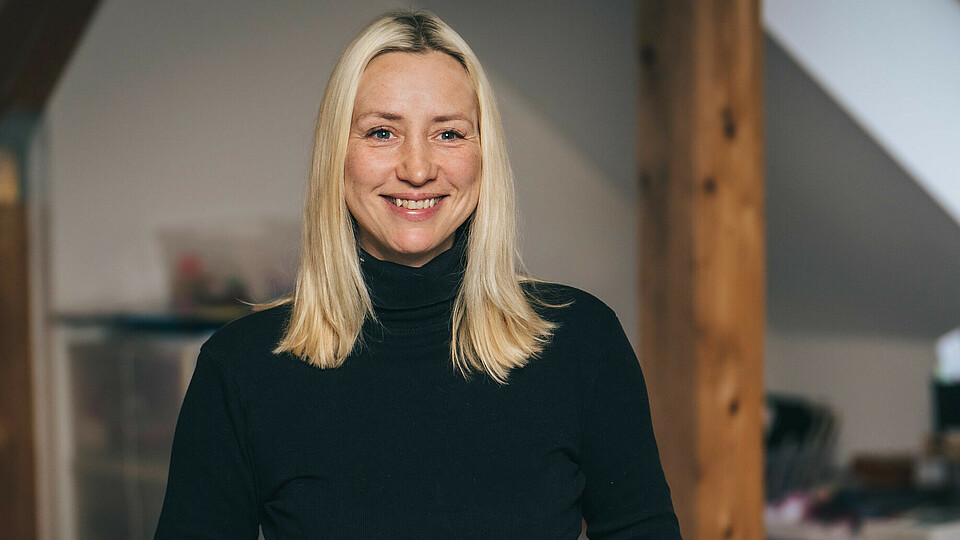 © Jans Ahner
Hochschule für Wirtschaft und Recht Berlin (HWR Berlin)Berlin has a high density of universities, colleges and research institutions. This also results in a high degree of professional diversity.→
© Jans Ahner
Hochschule für Wirtschaft und Recht Berlin (HWR Berlin)Berlin has a high density of universities, colleges and research institutions. This also results in a high degree of professional diversity.→Prof. Dr. Anna Maria von Saucken
-
Hacking Health Berlin
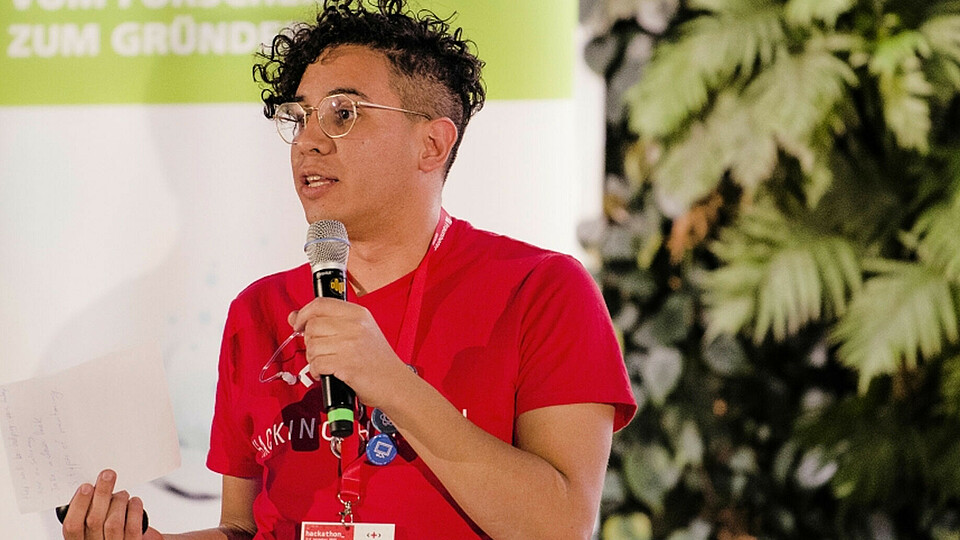 ©Akira-Sebastian Poncette
Hacking Health BerlinDoctors, patients, designers, programmers and entrepreneurs: join us on this exciting journey to shape the future of healthcare – from Berlin to the…→
©Akira-Sebastian Poncette
Hacking Health BerlinDoctors, patients, designers, programmers and entrepreneurs: join us on this exciting journey to shape the future of healthcare – from Berlin to the…→Dr. Pablo-David Rojas
-
Humboldt-Universität zu Berlin
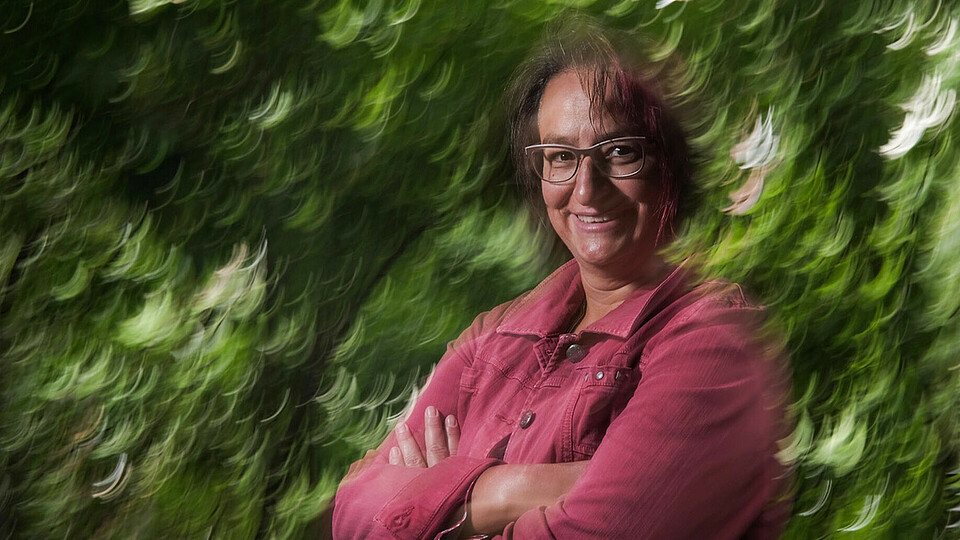 ©Paulus Ponizak
Humboldt-Universität zu BerlinBerlin needs critical spirits to continue to remain the attractive and vibrant city it has been. The university is just one place among many that make…→
©Paulus Ponizak
Humboldt-Universität zu BerlinBerlin needs critical spirits to continue to remain the attractive and vibrant city it has been. The university is just one place among many that make…→Prof. Dr. Christine Bauhardt
-
Max Delbrück Center for Molecular Medicine
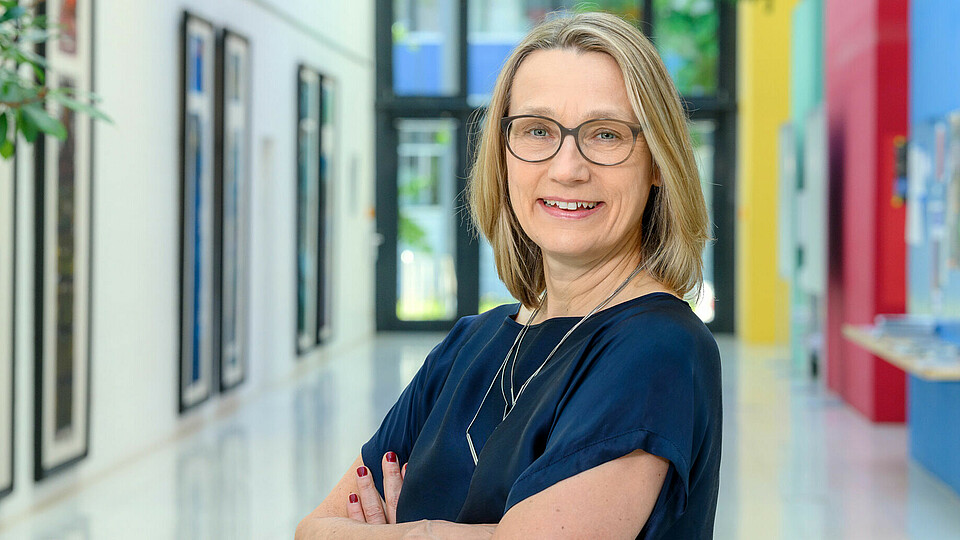 © Peter Himsel/Max Delbrück Center
Max Delbrück Center for Molecular MedicineBerlin has all the prerequisites to become an important driving force for biomedical innovation in Germany and Europe.→
© Peter Himsel/Max Delbrück Center
Max Delbrück Center for Molecular MedicineBerlin has all the prerequisites to become an important driving force for biomedical innovation in Germany and Europe.→Prof. Dr. Maike Sander
-
Category botschafter Technische Universität Berlin
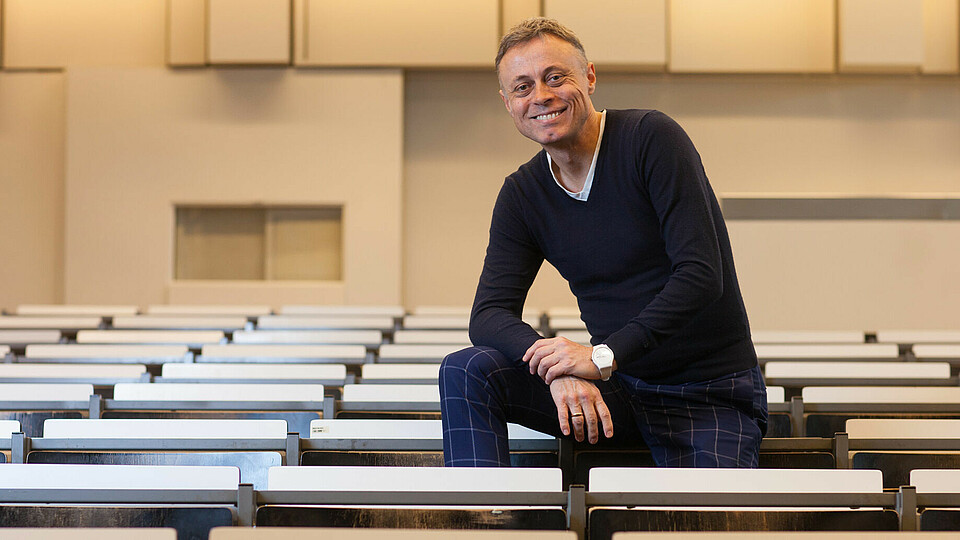 © Christian Kielmann
Category botschafter Technische Universität BerlinBerlin harbours incredible potential and allows for experimentation – it’s a breeding ground for innovation.→
© Christian Kielmann
Category botschafter Technische Universität BerlinBerlin harbours incredible potential and allows for experimentation – it’s a breeding ground for innovation.→Prof. Dr. Søren Salomo
-
Category botschafter Ferdinand-Braun-Institut
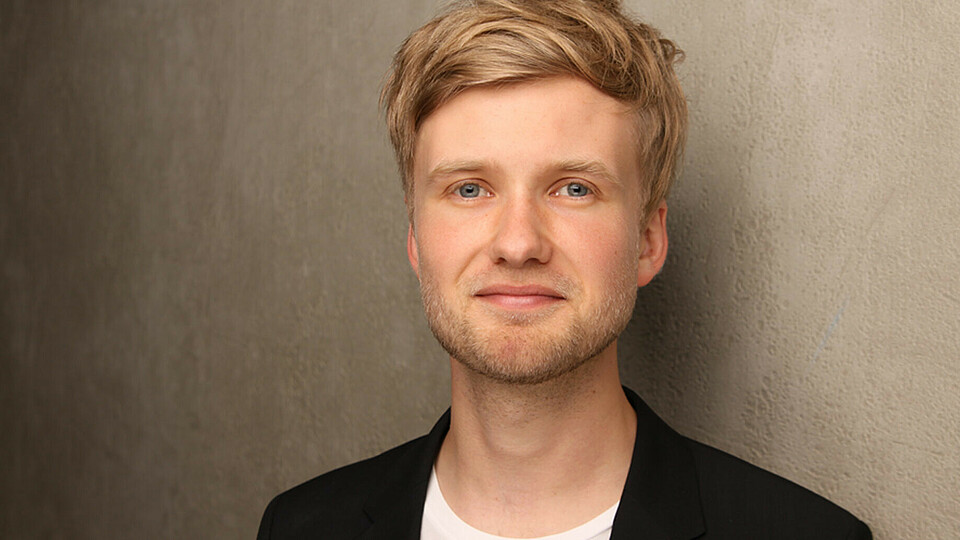 Photo: Dr Markus Krutzik
Category botschafter Ferdinand-Braun-InstitutIn Berlin there are universities and research institutes with high international visibility – especially in areas related to optics and photonics.→
Photo: Dr Markus Krutzik
Category botschafter Ferdinand-Braun-InstitutIn Berlin there are universities and research institutes with high international visibility – especially in areas related to optics and photonics.→Brain City Ambassador Dr. Markus Krutzik
-
Technische Universität Berlin
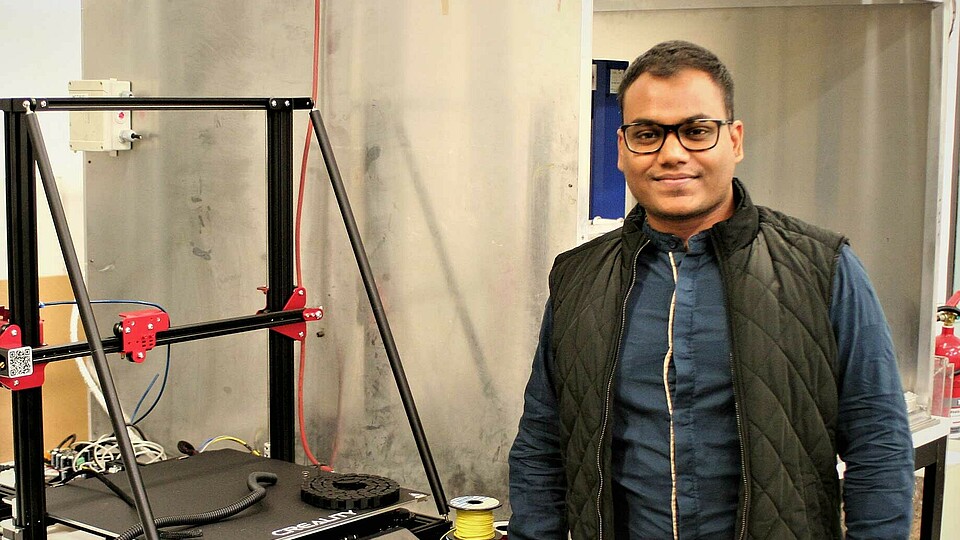 Photo: Nishant Jain privat
Technische Universität BerlinBerlin is open, welcoming and very international. That makes the city something special.→
Photo: Nishant Jain privat
Technische Universität BerlinBerlin is open, welcoming and very international. That makes the city something special.→Brain City Berlin Ambassador Nishant Jain
-
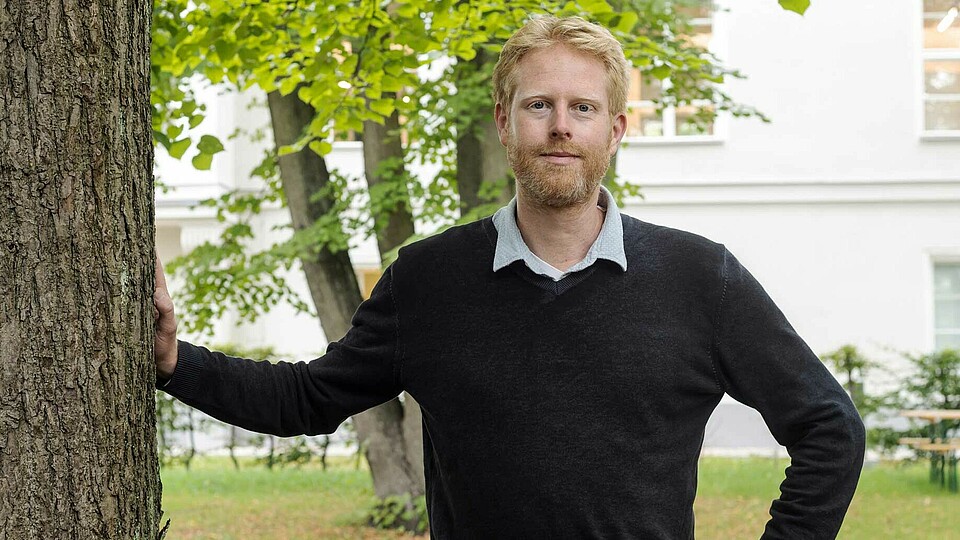 Image: © Susanne Wehr
Berlin has a high concentration of bright minds and unique places where people are creative together and think beyond their own horizons.→
Image: © Susanne Wehr
Berlin has a high concentration of bright minds and unique places where people are creative together and think beyond their own horizons.→Brain City Ambassador Steffen Terberl
-
Technische Universität Berlin
![[Translate to English:] [Translate to English:]](/fileadmin/_processed_/1/d/csm_Caire_Berlin-Partner_Philipp-Jester_683x384_d9cfa4336a.jpg) [Translate to English:]
Technische Universität BerlinBerlin is the perfect place for scientists to combine an excellent scientific environment with family life.→
[Translate to English:]
Technische Universität BerlinBerlin is the perfect place for scientists to combine an excellent scientific environment with family life.→Prof. Dr. Giuseppe Caire
-
Leibniz-Institut für Molekulare Pharmakologie, Campus Berlin-Buch
![[Translate to English:] [Translate to English:]](/fileadmin/_processed_/5/4/csm_Schroeder_Berlin-Partner_683x384_0d2d0b1e2c.jpg) [Translate to English:]
Leibniz-Institut für Molekulare Pharmakologie, Campus Berlin-BuchBerliner Luft? With the finest content you can even track diseases at early stages.→
[Translate to English:]
Leibniz-Institut für Molekulare Pharmakologie, Campus Berlin-BuchBerliner Luft? With the finest content you can even track diseases at early stages.→Dr. Leif Schröder
-
Touro College Berlin
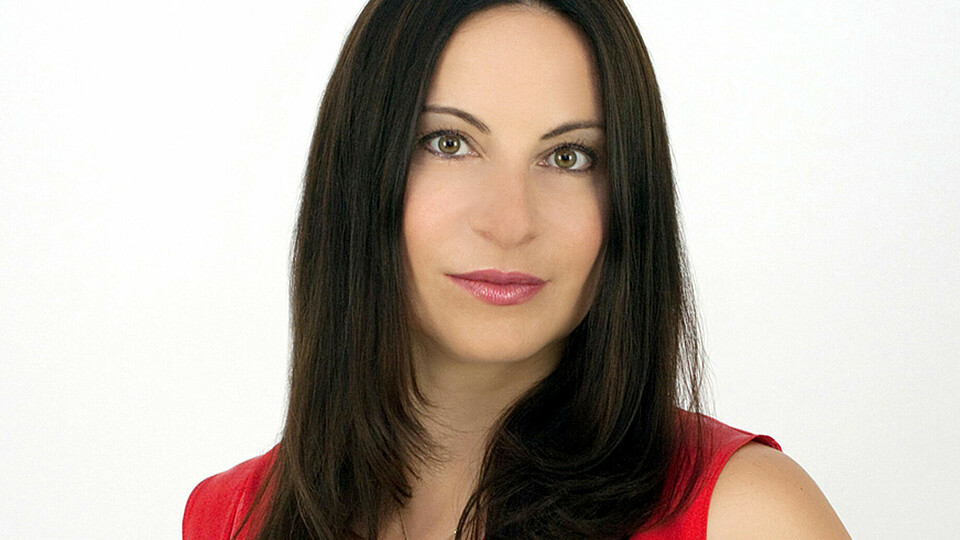 ©Stefanie Zwisler
Touro College BerlinBerlin constantly offers new inspiration, new ideas, new encounters: this is ideal for researchers!→
©Stefanie Zwisler
Touro College BerlinBerlin constantly offers new inspiration, new ideas, new encounters: this is ideal for researchers!→Prof. Dr. Anna Klippstein
-
Category botschafter BG Klinikum Unfallkrankenhaus Berlin
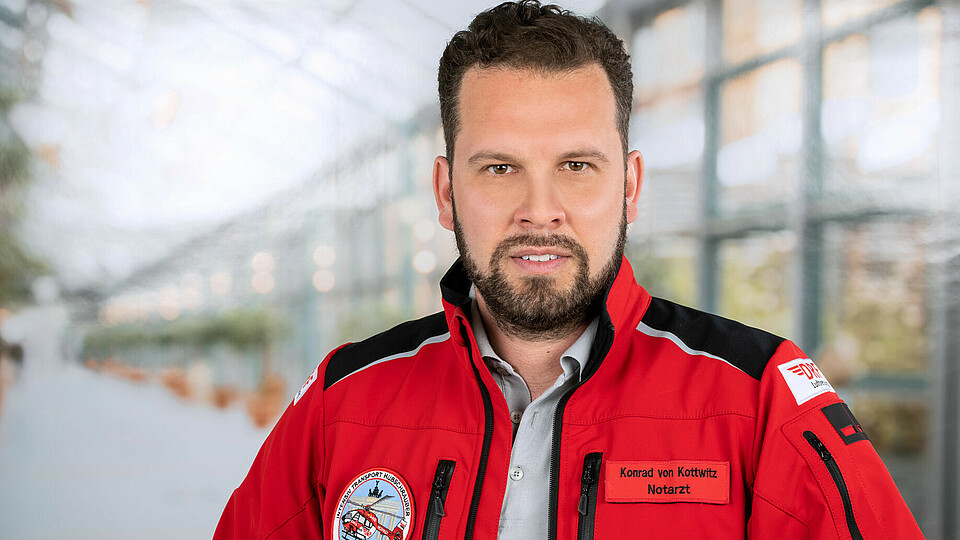 © Dorothea Scheurlen DGPh, ukb
Category botschafter BG Klinikum Unfallkrankenhaus BerlinBerlin is now at the forefront of emergency medical care. Pragmatic approaches are being developed into standards through model projects and are…→
© Dorothea Scheurlen DGPh, ukb
Category botschafter BG Klinikum Unfallkrankenhaus BerlinBerlin is now at the forefront of emergency medical care. Pragmatic approaches are being developed into standards through model projects and are…→Konrad von Kottwitz
-
Künstliche Intelligenz Entrepreneurship Zentrum (K.I.E.Z.)
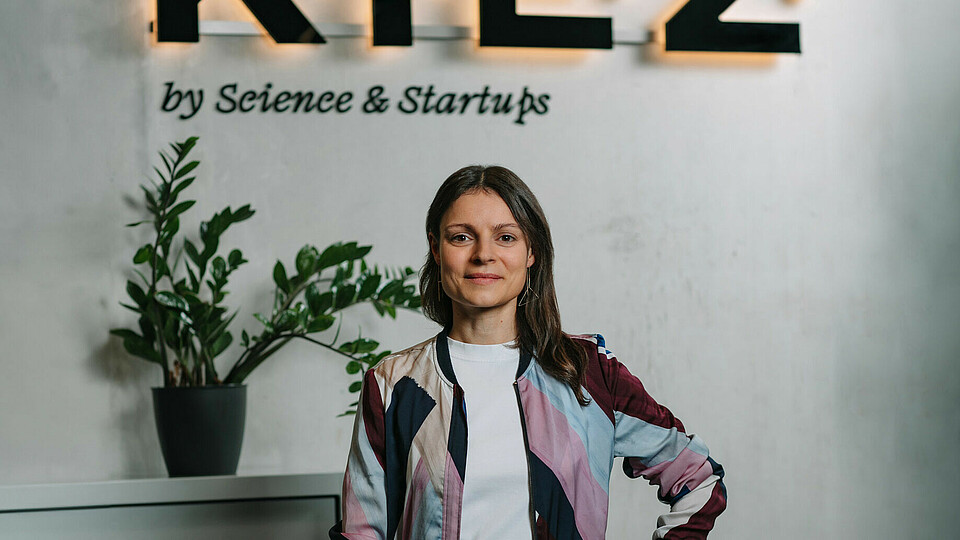 © K.I.E.Z. / Viktor Strasse
Künstliche Intelligenz Entrepreneurship Zentrum (K.I.E.Z.)Berlin is the ideal breeding ground for scientific start-ups. With top funding opportunities, a vibrant scene for founders and numerous investors.→
© K.I.E.Z. / Viktor Strasse
Künstliche Intelligenz Entrepreneurship Zentrum (K.I.E.Z.)Berlin is the ideal breeding ground for scientific start-ups. With top funding opportunities, a vibrant scene for founders and numerous investors.→Laura Möller
-
Freie Universität Berlin
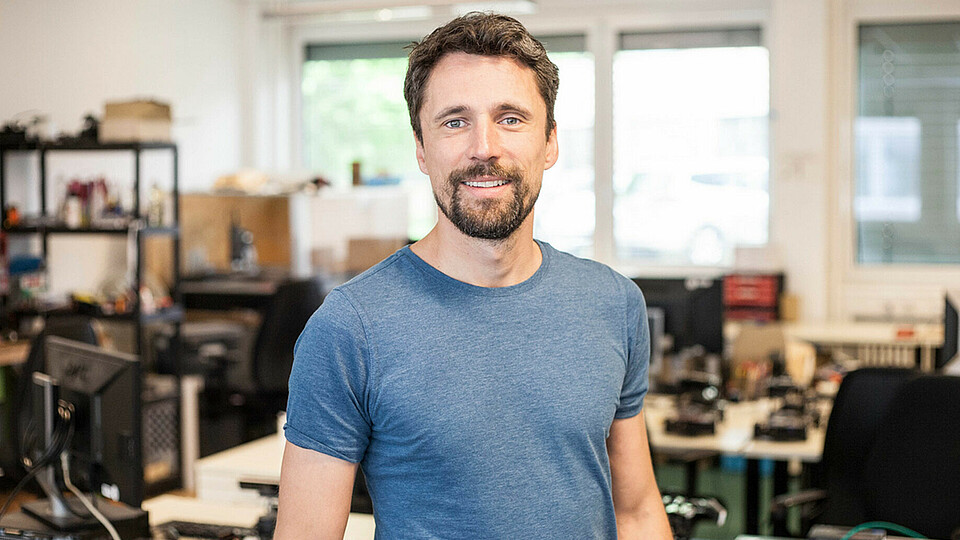 © Tim Landgraf
Freie Universität BerlinI have my most important scientific research partners in Berlin. Especially in interdisciplinary projects it is important to work closely together.→
© Tim Landgraf
Freie Universität BerlinI have my most important scientific research partners in Berlin. Especially in interdisciplinary projects it is important to work closely together.→Prof. Dr. Tim Landgraf
-
Category botschafter Freie Universität Berlin
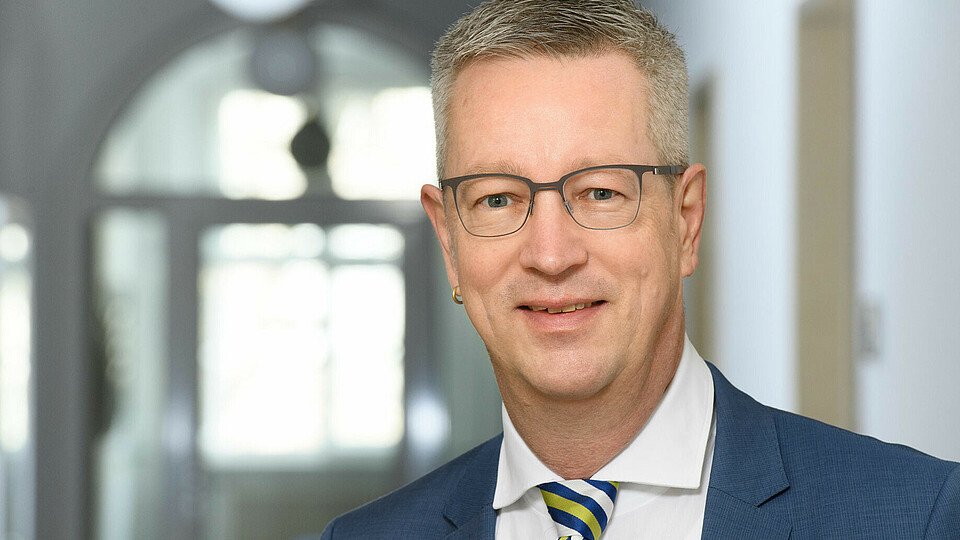 © David Ausserhofer
Category botschafter Freie Universität BerlinWith the Berlin University Alliance, the universities and many other higher education and research institutions, Berlin as a centre of science is a…→
© David Ausserhofer
Category botschafter Freie Universität BerlinWith the Berlin University Alliance, the universities and many other higher education and research institutions, Berlin as a centre of science is a…→Prof. Günter M. Ziegler
-
Alice Salomon Hochschule Berlin
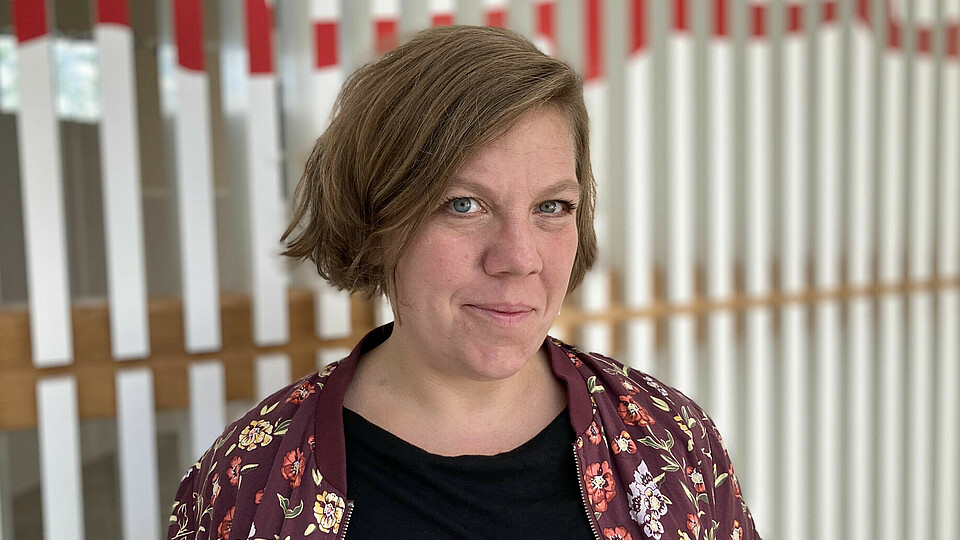 © Barbara Halstenberg/Hochschulkommunikation ASH Berlin
Alice Salomon Hochschule BerlinBerlin gives us access to innovative researchers who inspire our work.→
© Barbara Halstenberg/Hochschulkommunikation ASH Berlin
Alice Salomon Hochschule BerlinBerlin gives us access to innovative researchers who inspire our work.→Nina Lawrenz
-
Charité - Universitätsmedizin Berlin
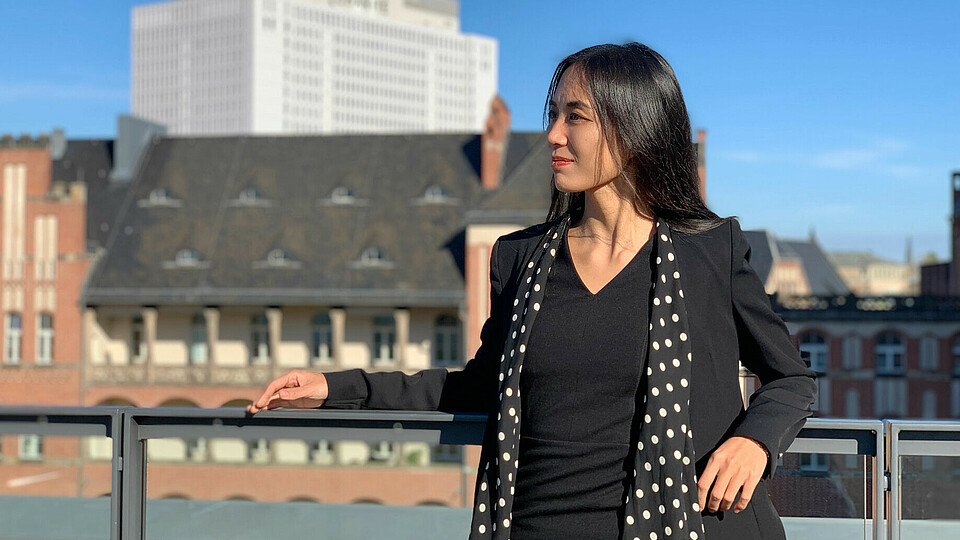 © Shuyan Liu
Charité - Universitätsmedizin BerlinBerlin is not only a vibrant location for creatives and start-ups, but is also attractive to researchers.→
© Shuyan Liu
Charité - Universitätsmedizin BerlinBerlin is not only a vibrant location for creatives and start-ups, but is also attractive to researchers.→Prof. Dr. Shuyan Liu
-
Hochschule für Technik und Wirtschaft Berlin (HTW Berlin) Katholische Hochschule für Sozialwesen Berlin (KHSB Berlin)
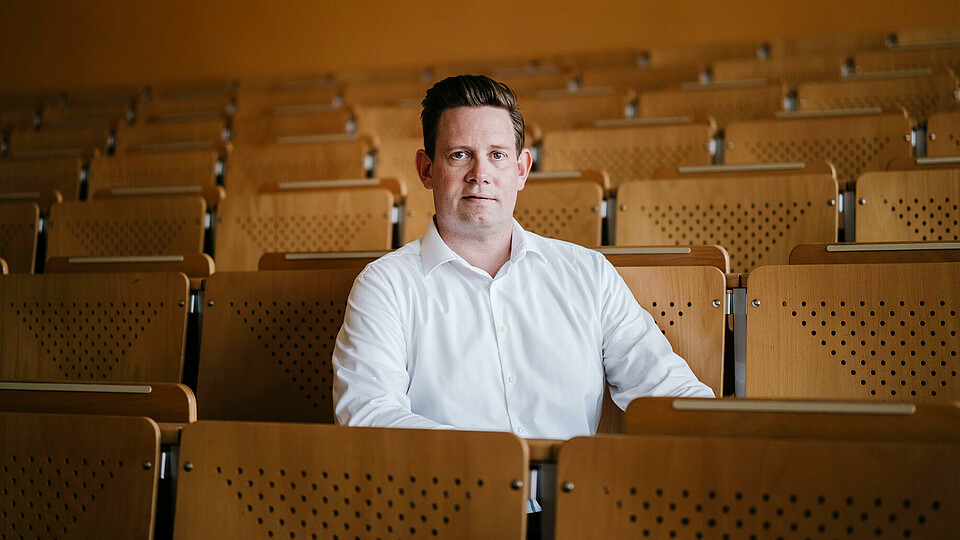 © HTW Berlin | Alexander Rentsch
Hochschule für Technik und Wirtschaft Berlin (HTW Berlin) Katholische Hochschule für Sozialwesen Berlin (KHSB Berlin)Berlin is a unique cultural and intellectual melting pot with global appeal and many top-class research institutions. In his view, the mix of the…→
© HTW Berlin | Alexander Rentsch
Hochschule für Technik und Wirtschaft Berlin (HTW Berlin) Katholische Hochschule für Sozialwesen Berlin (KHSB Berlin)Berlin is a unique cultural and intellectual melting pot with global appeal and many top-class research institutions. In his view, the mix of the…→Prof. Dr. Phil. Jürgen Radel
-
Category botschafter Deutsches Zentrum für Luft- und Raumfahrt
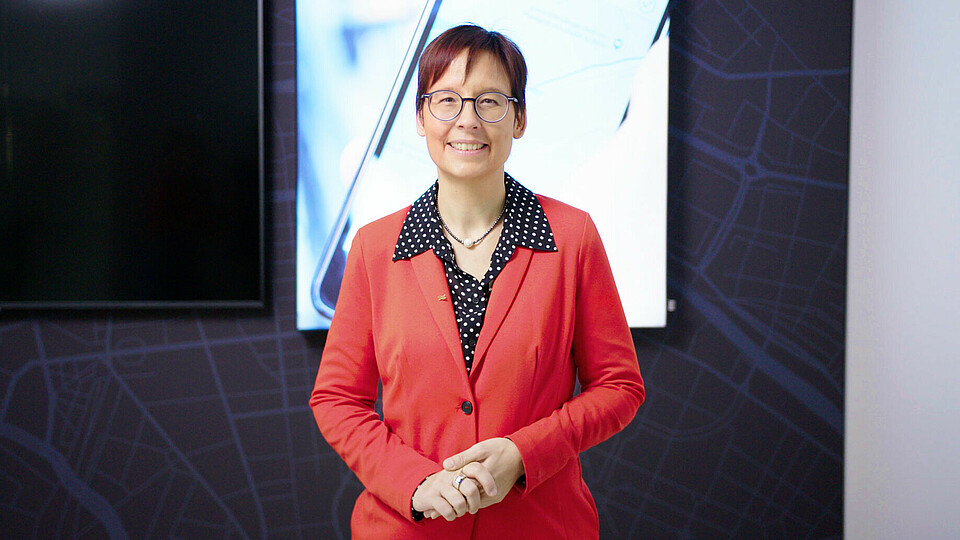 © Berlin Partner/gretchen
Category botschafter Deutsches Zentrum für Luft- und RaumfahrtBerlin can play an important pioneering role for the mobility transition in Germany and has already achieved a great deal along the way.→
© Berlin Partner/gretchen
Category botschafter Deutsches Zentrum für Luft- und RaumfahrtBerlin can play an important pioneering role for the mobility transition in Germany and has already achieved a great deal along the way.→Prof. Dr. Meike Jipp
-
ICN Business School
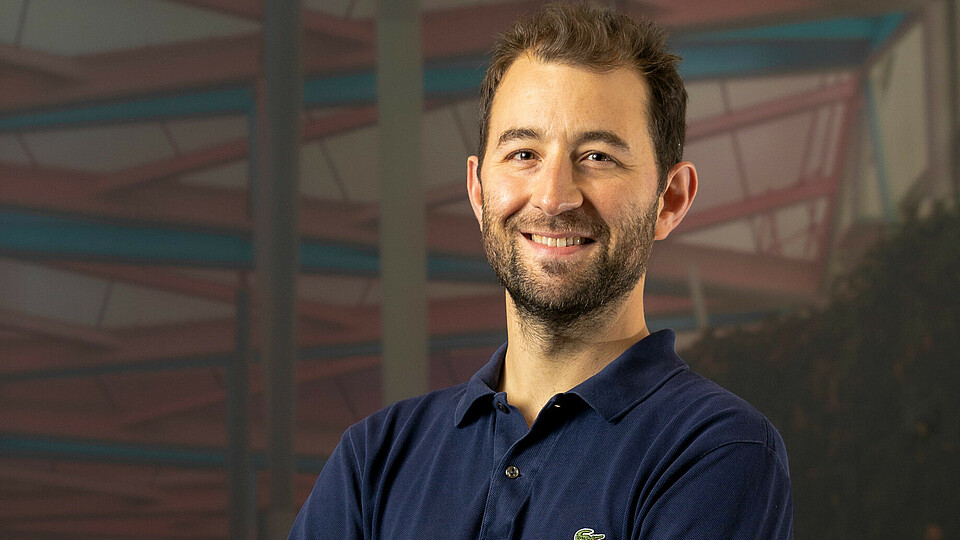 © ICN Business School
ICN Business SchoolWhether at universities, specialised colleges or research centres: Establishing contacts and exchanging ideas is easy in Berlin.→
© ICN Business School
ICN Business SchoolWhether at universities, specialised colleges or research centres: Establishing contacts and exchanging ideas is easy in Berlin.→Prof. Dr. Olivier Berthod, ICN Business School
-
Berliner Hochschule für Technik
![[Translate to English:] [Translate to English:]](/fileadmin/_processed_/f/5/csm_683x384_boblan-c-marti-gasch_4c15043d53.jpg) [Translate to English:]
Berliner Hochschule für TechnikBerlin thinks outside the box. People are open to new ideas - ideal conditions for my research work.→
[Translate to English:]
Berliner Hochschule für TechnikBerlin thinks outside the box. People are open to new ideas - ideal conditions for my research work.→Prof. Dr.-Ing. Ivo Boblan